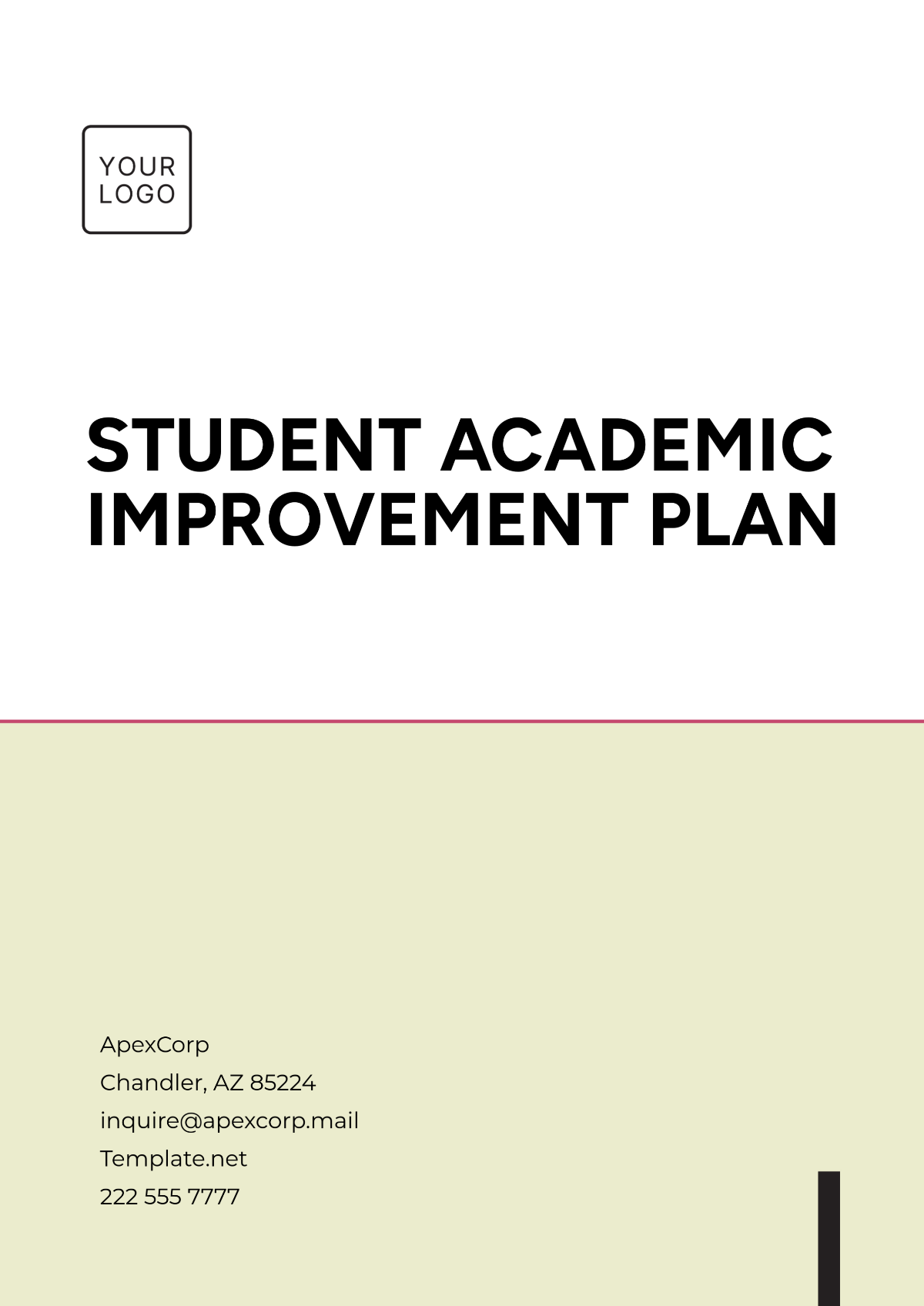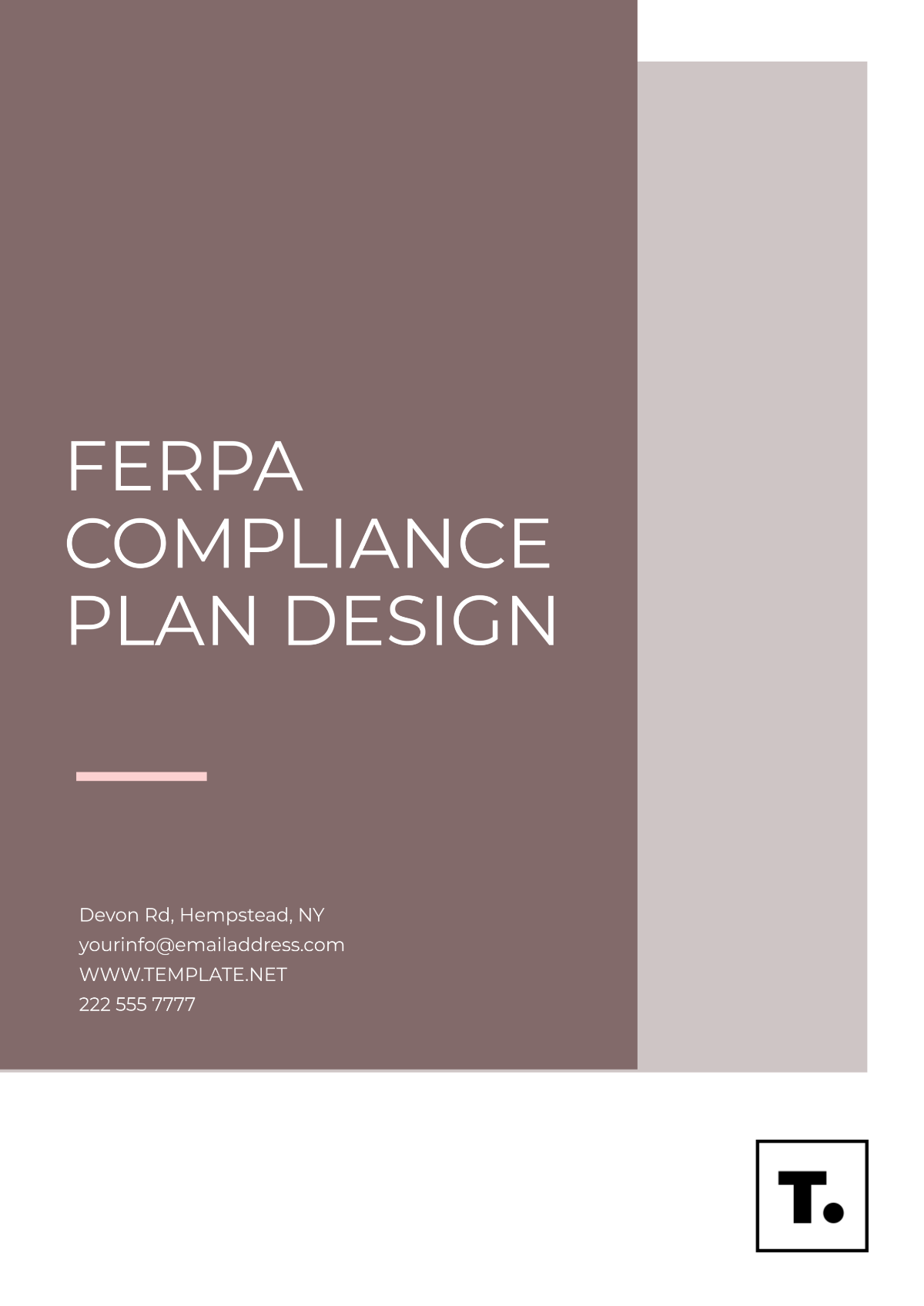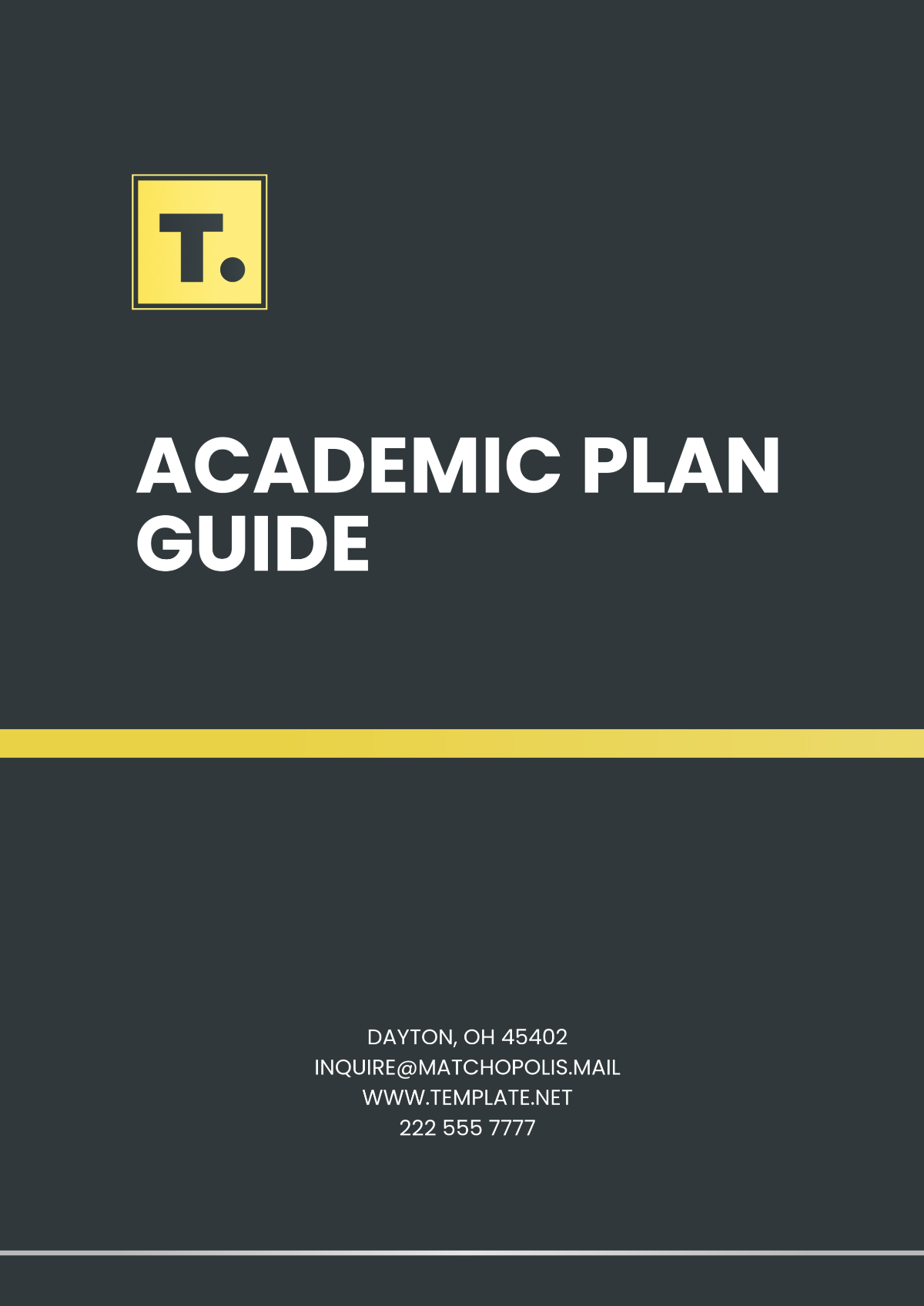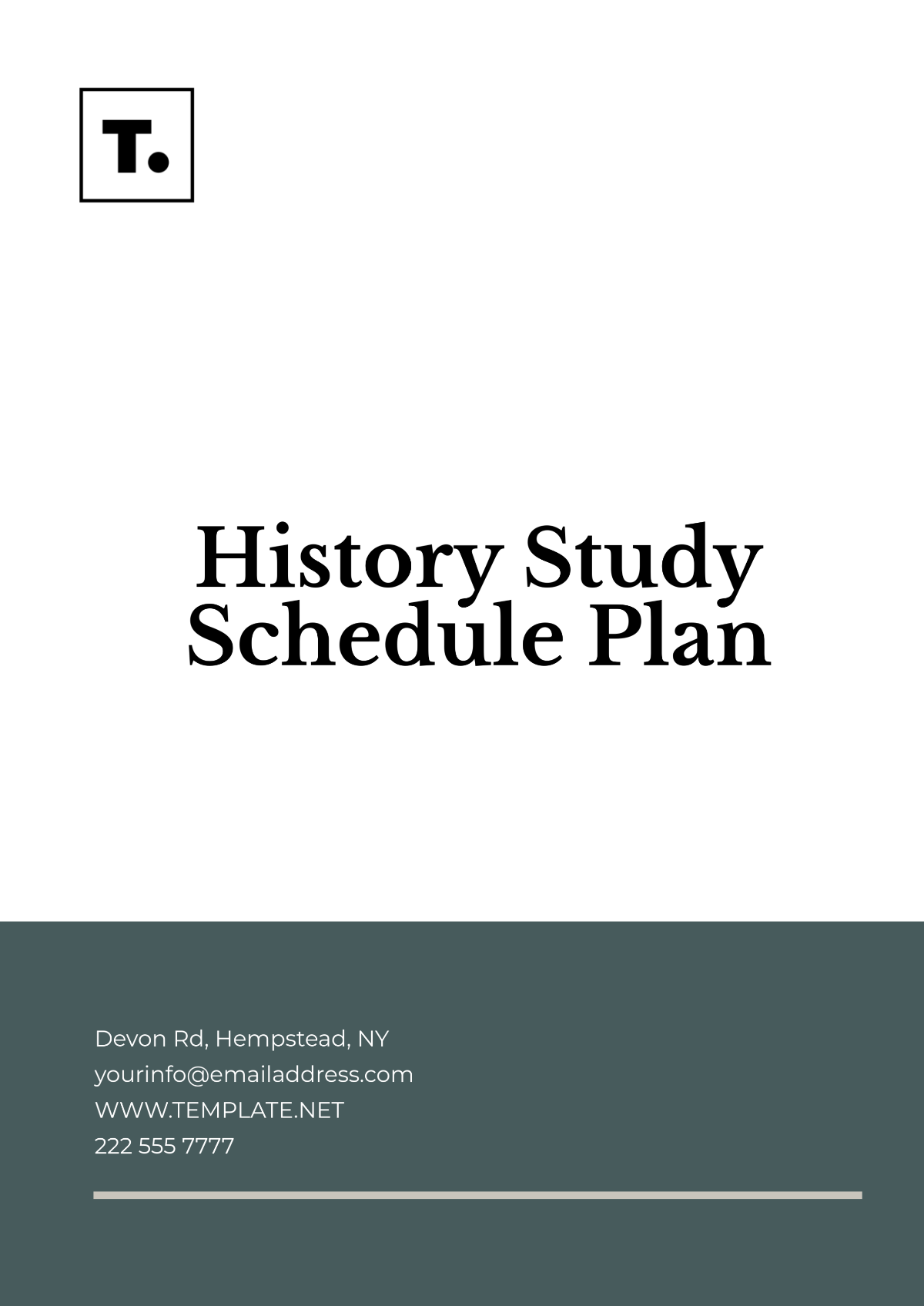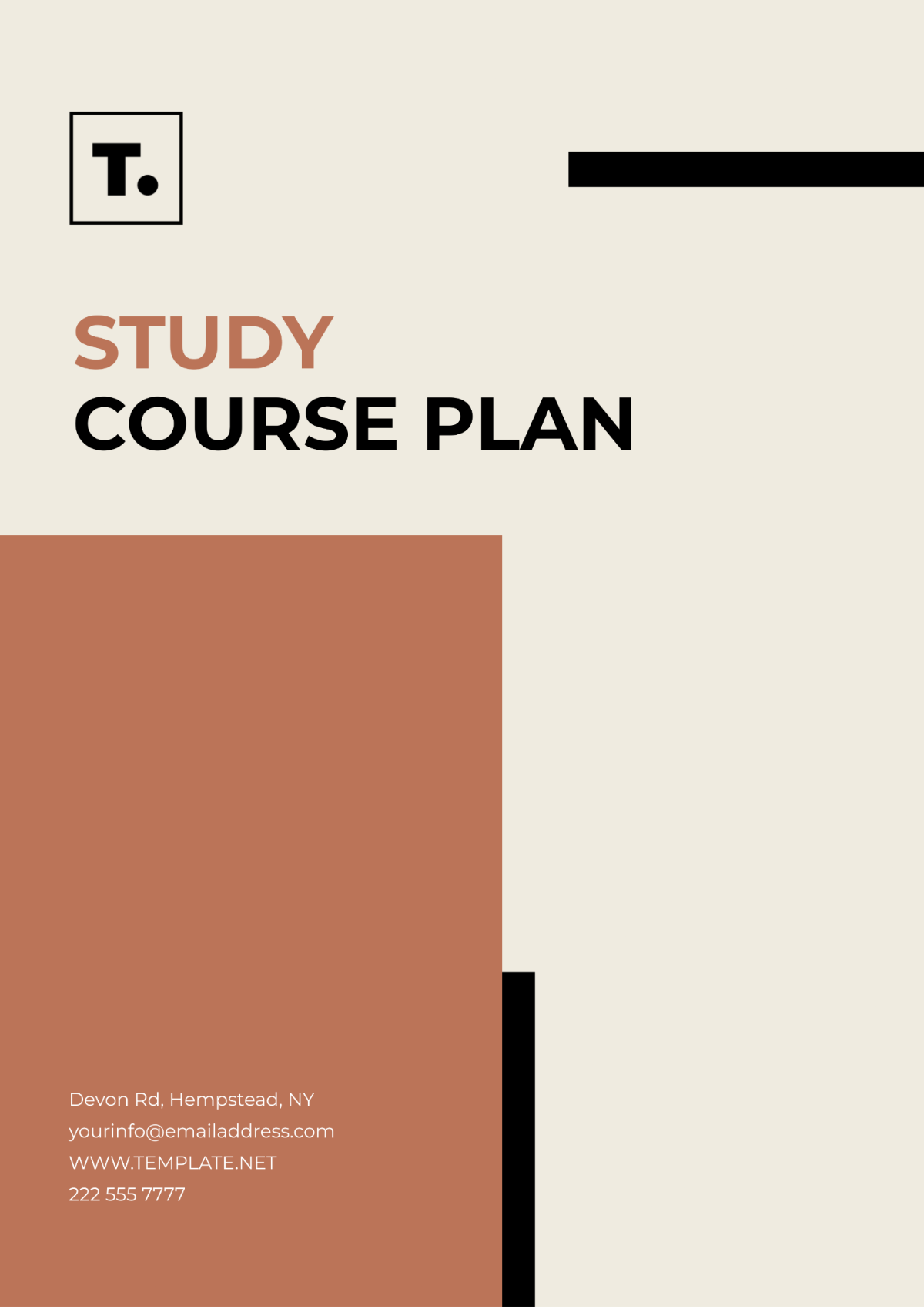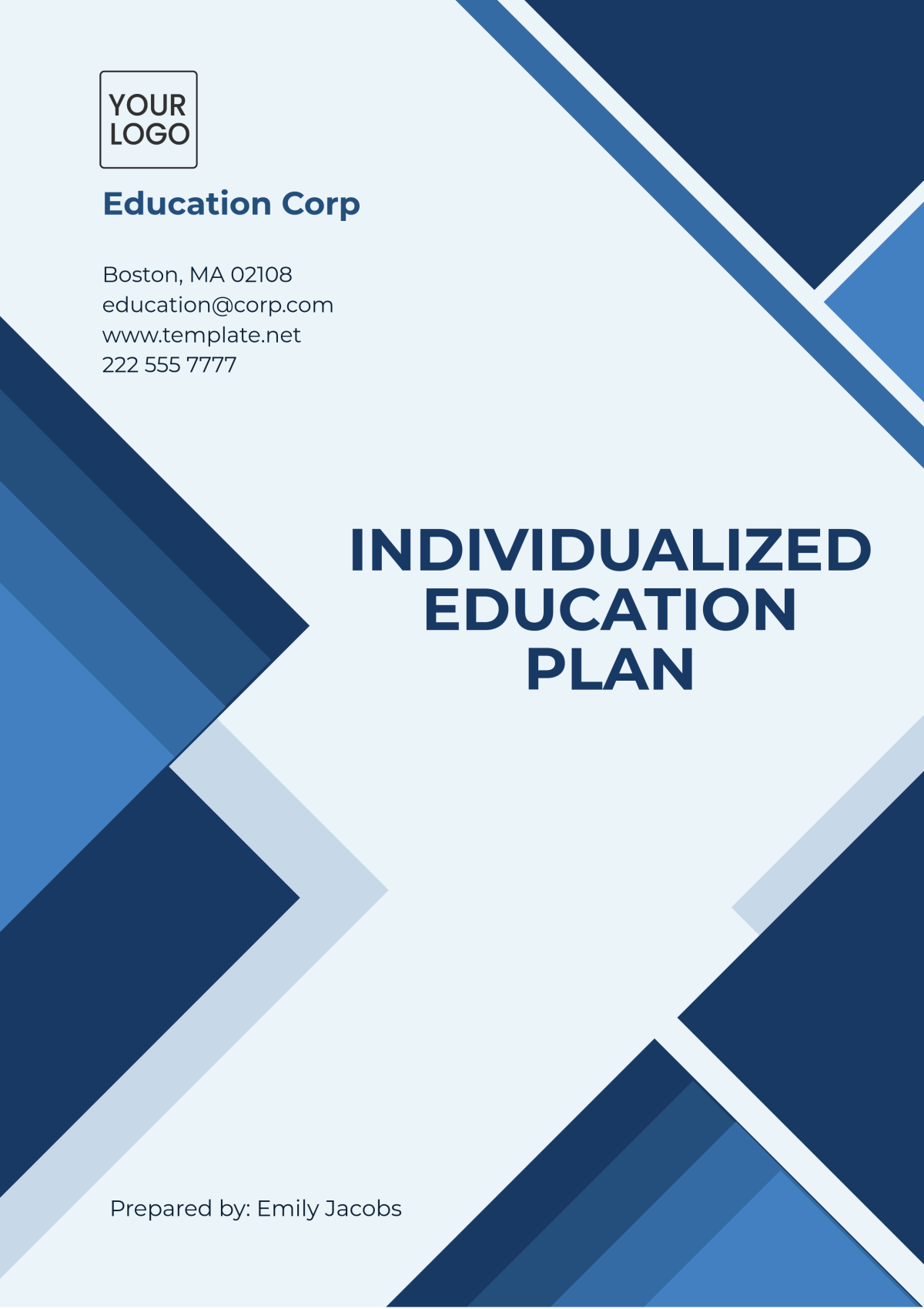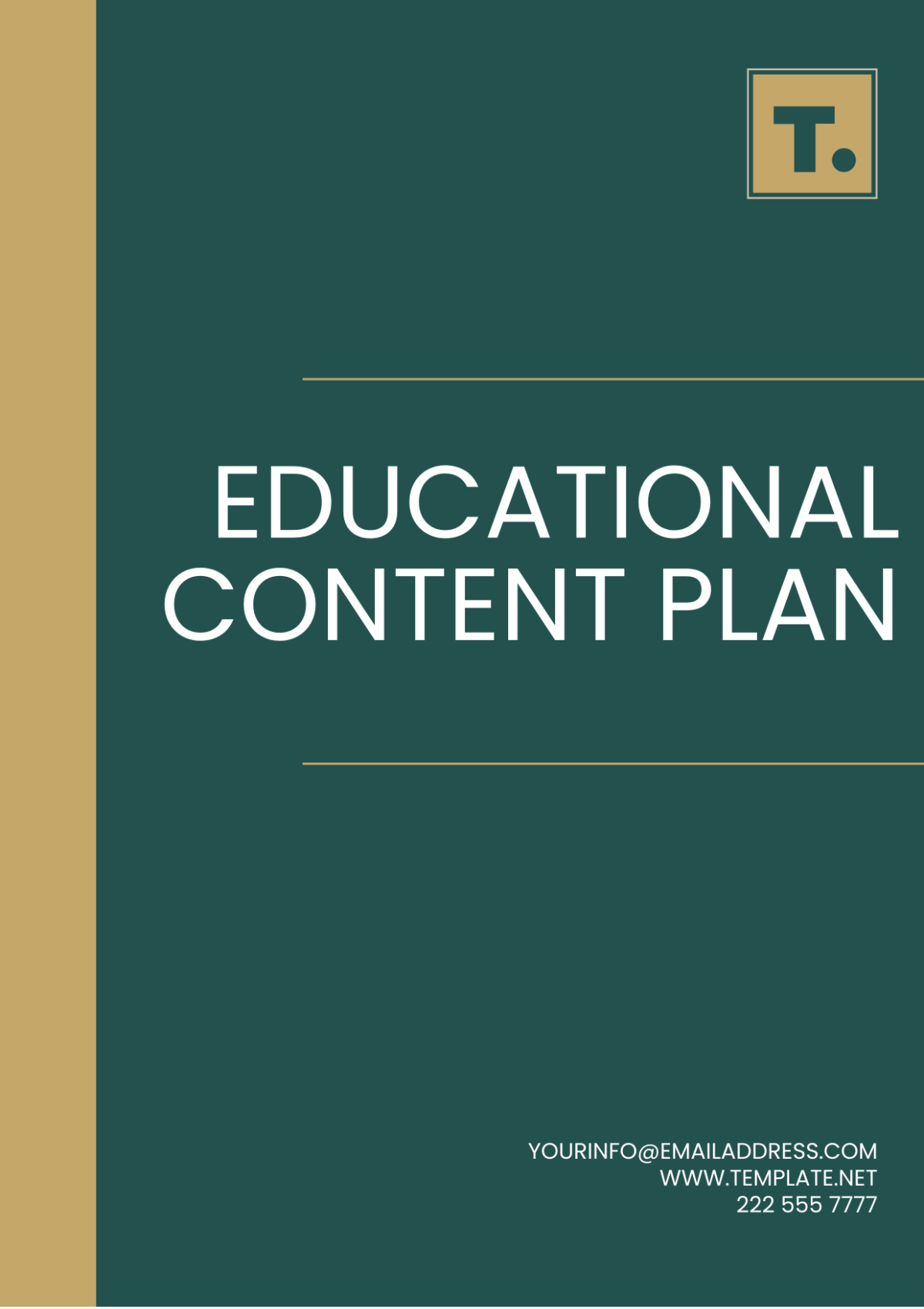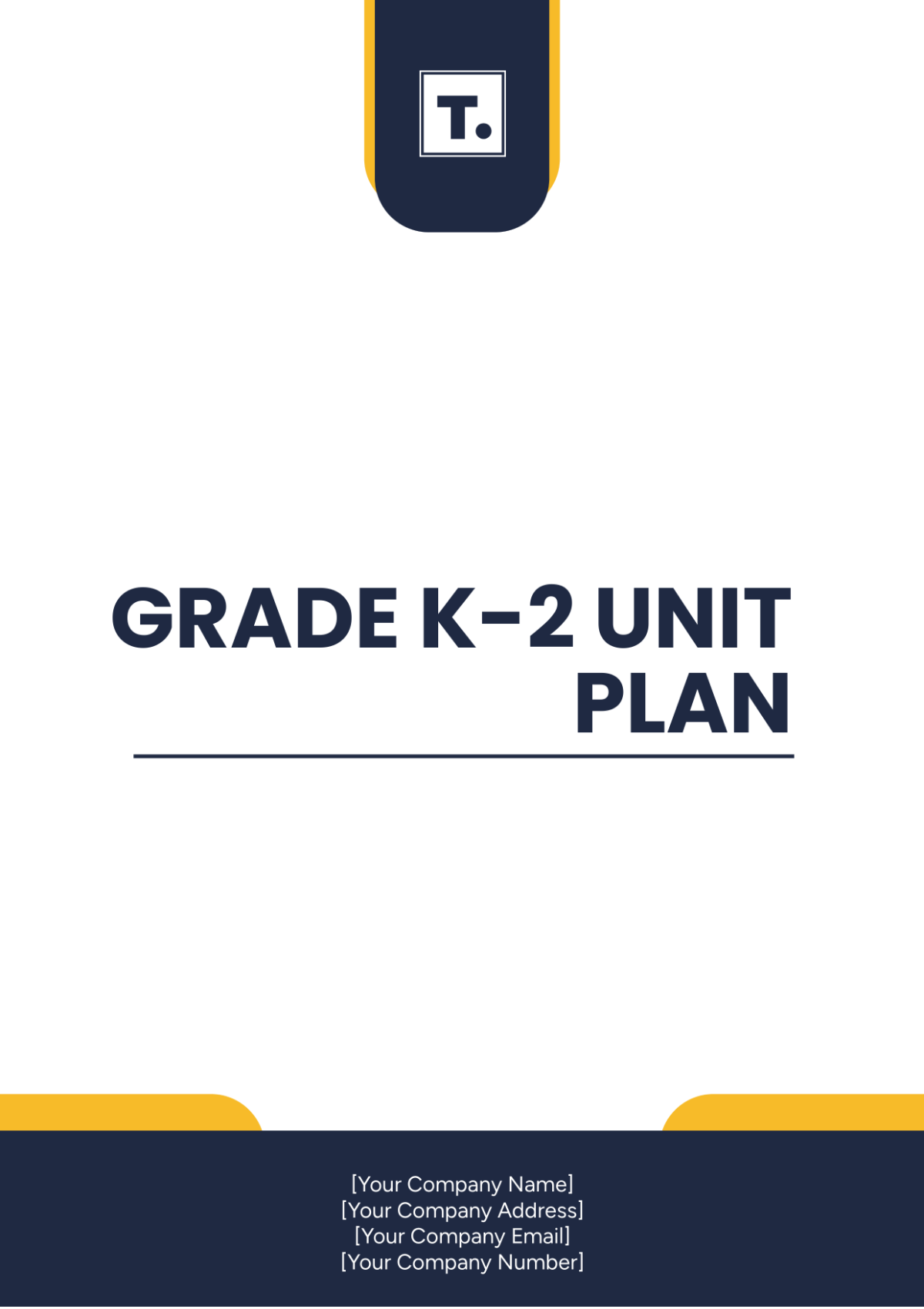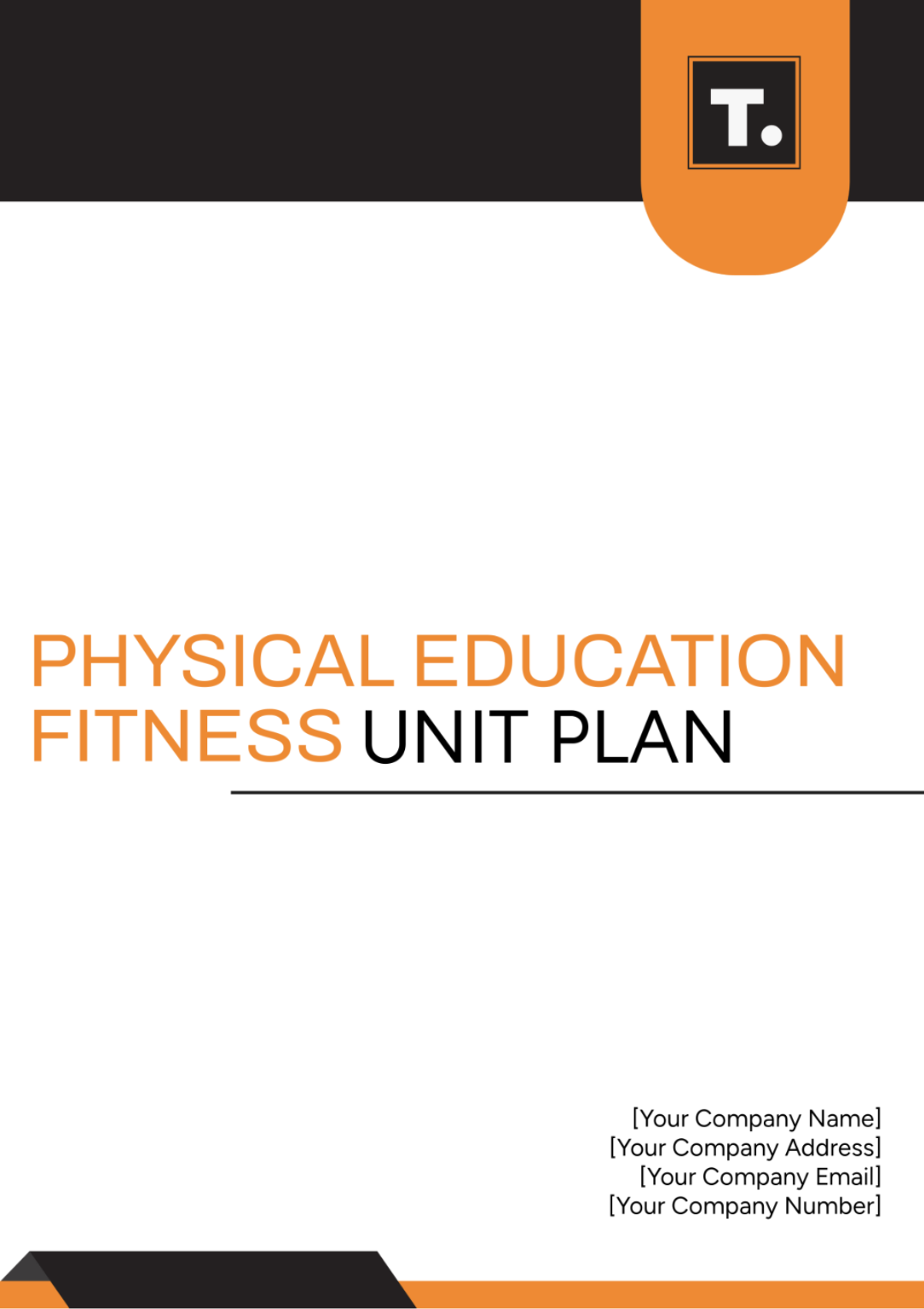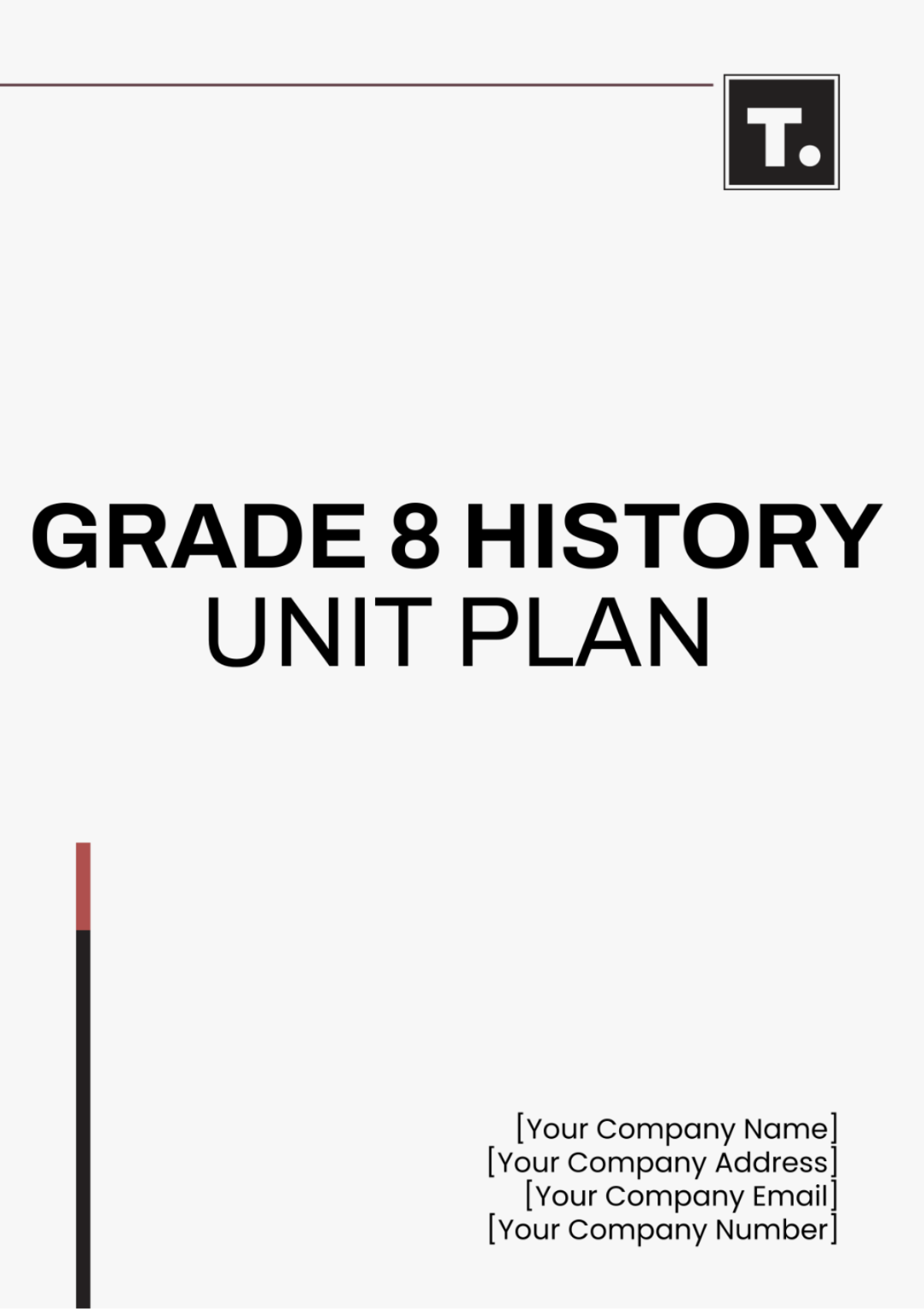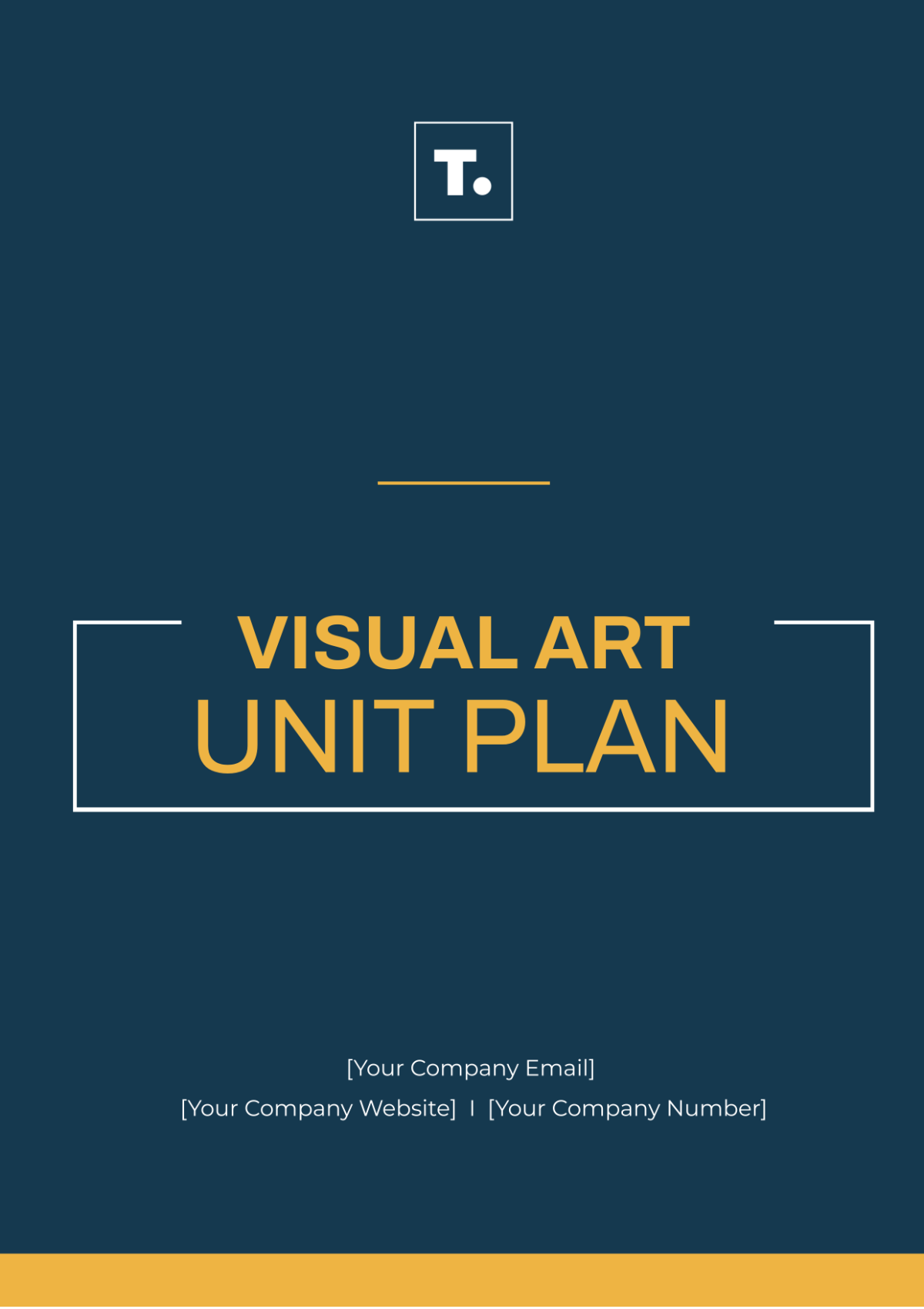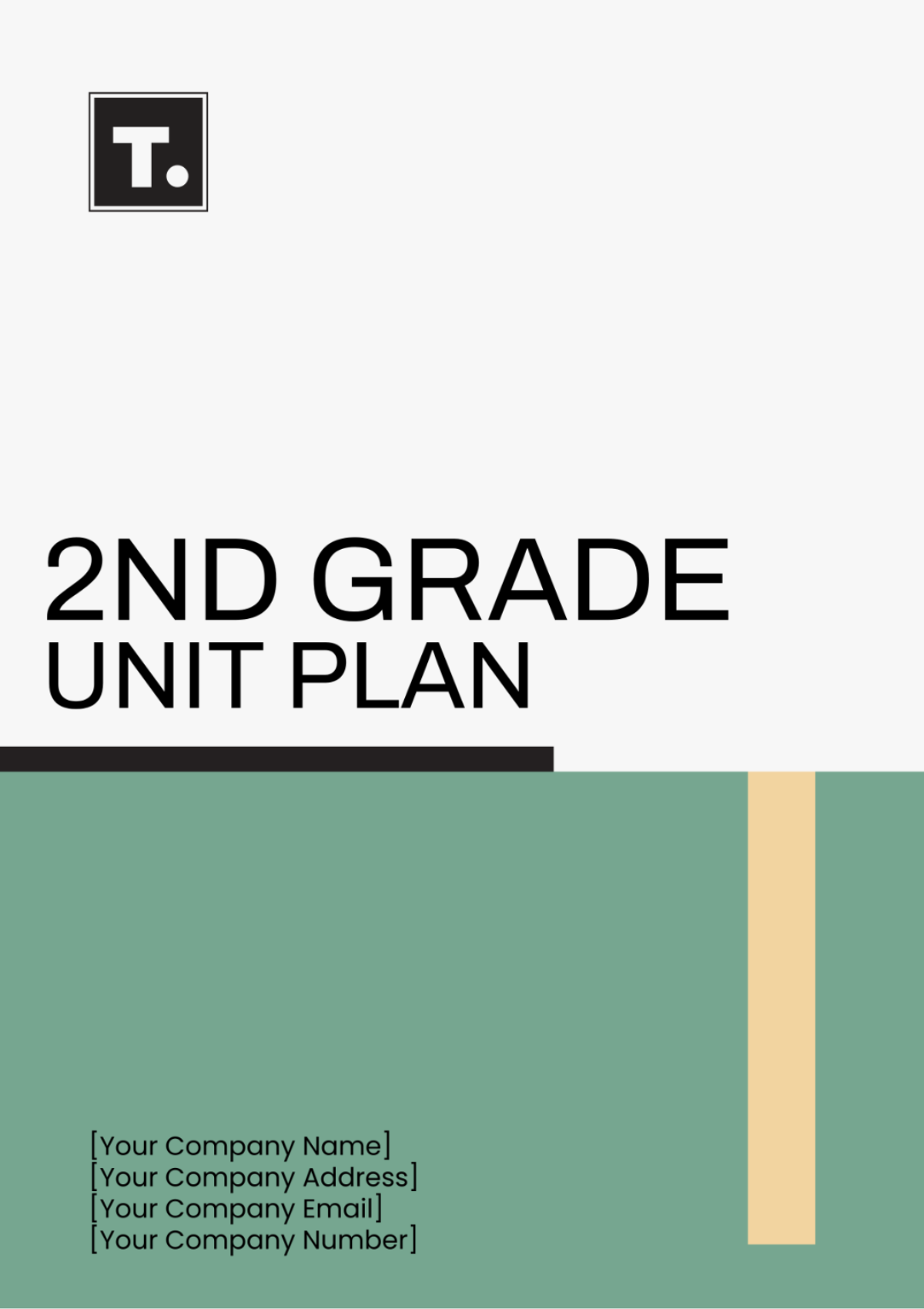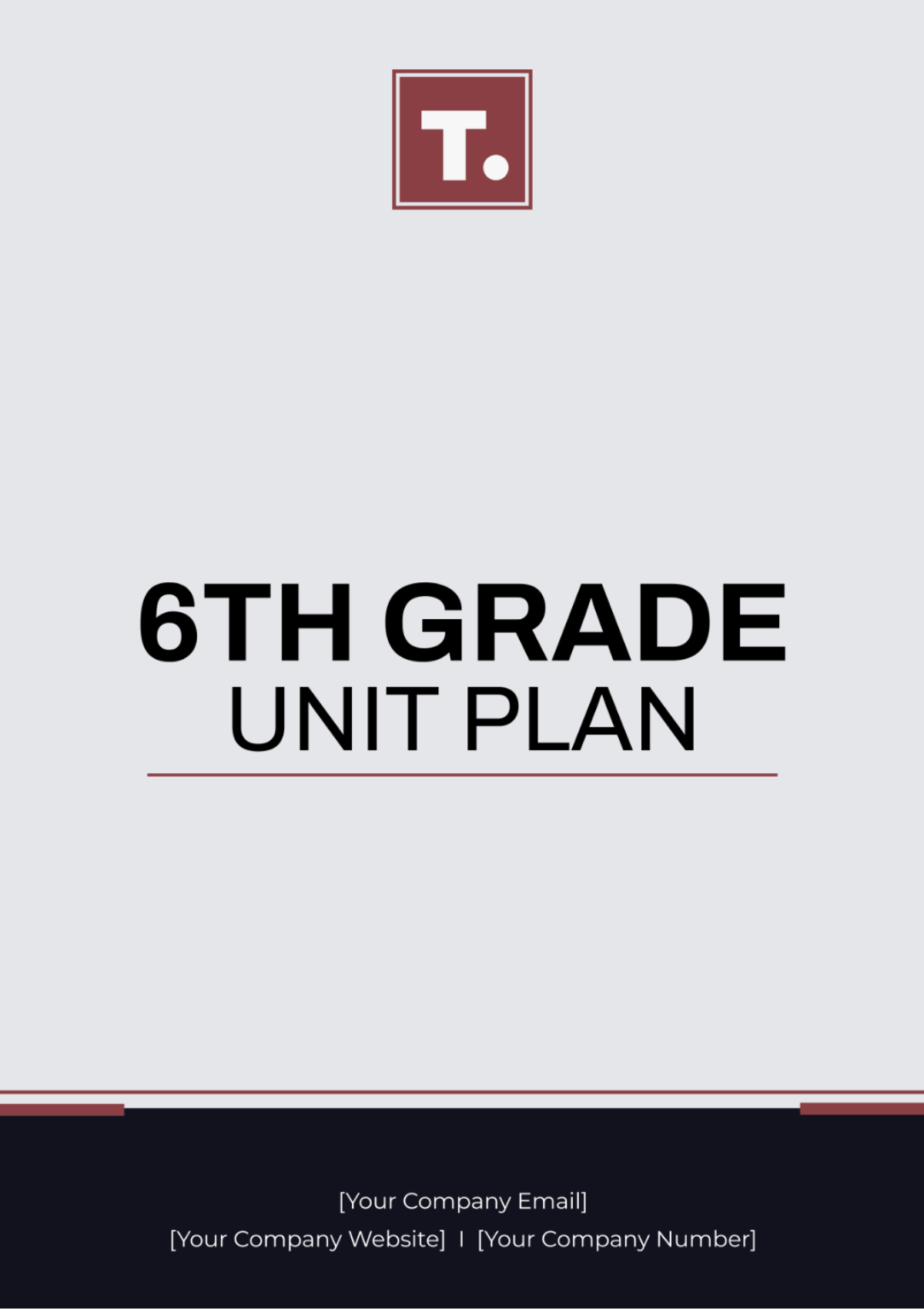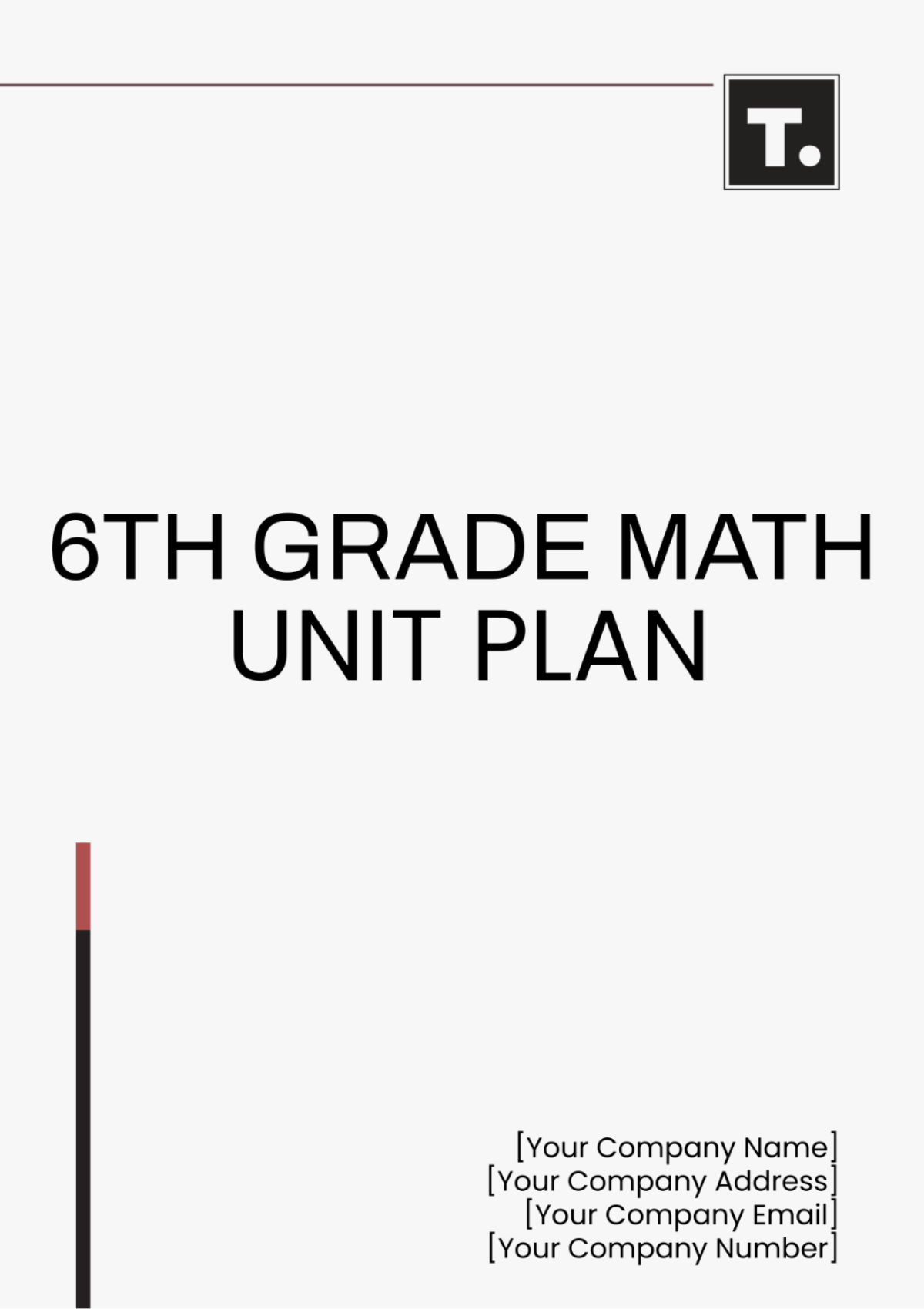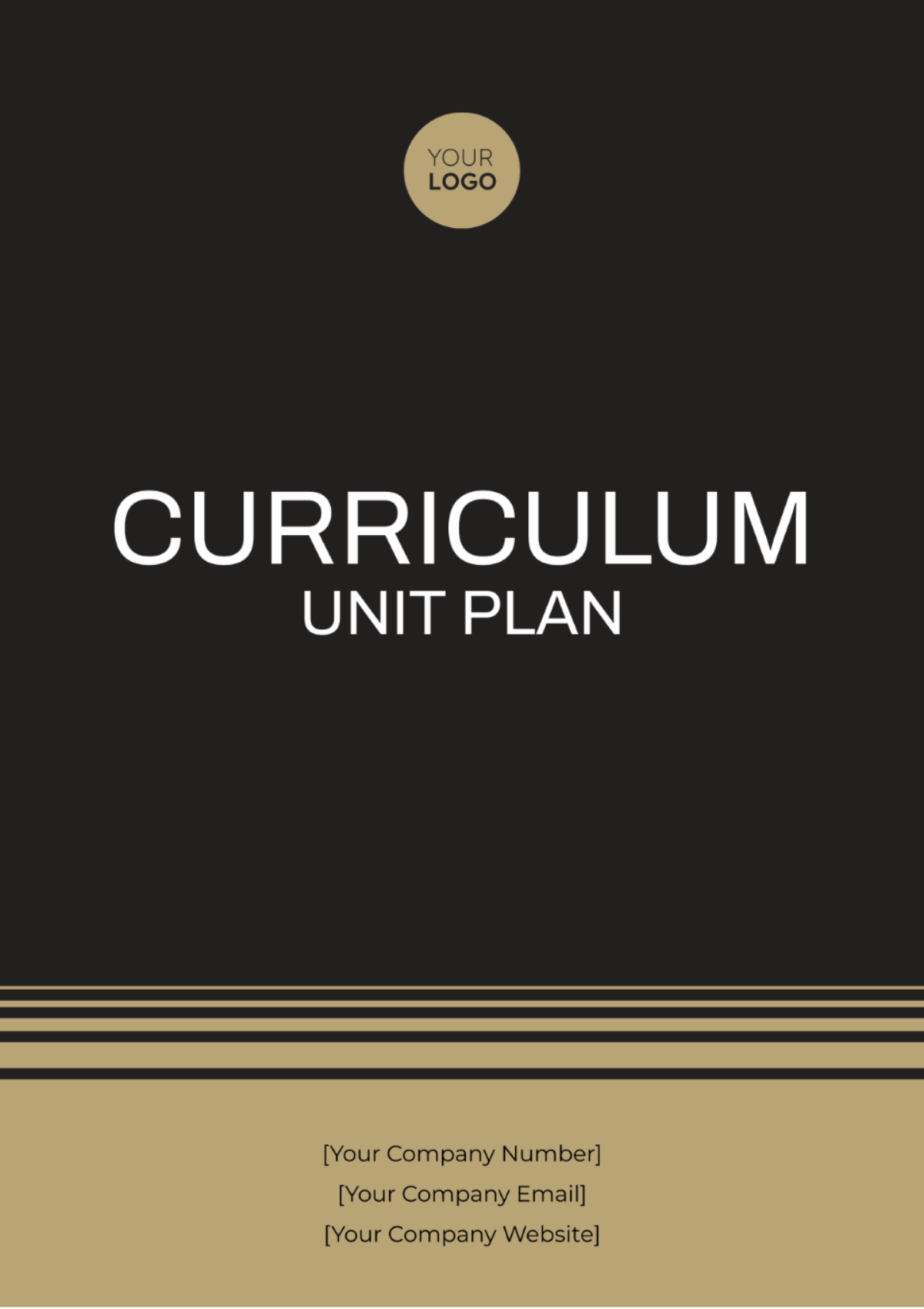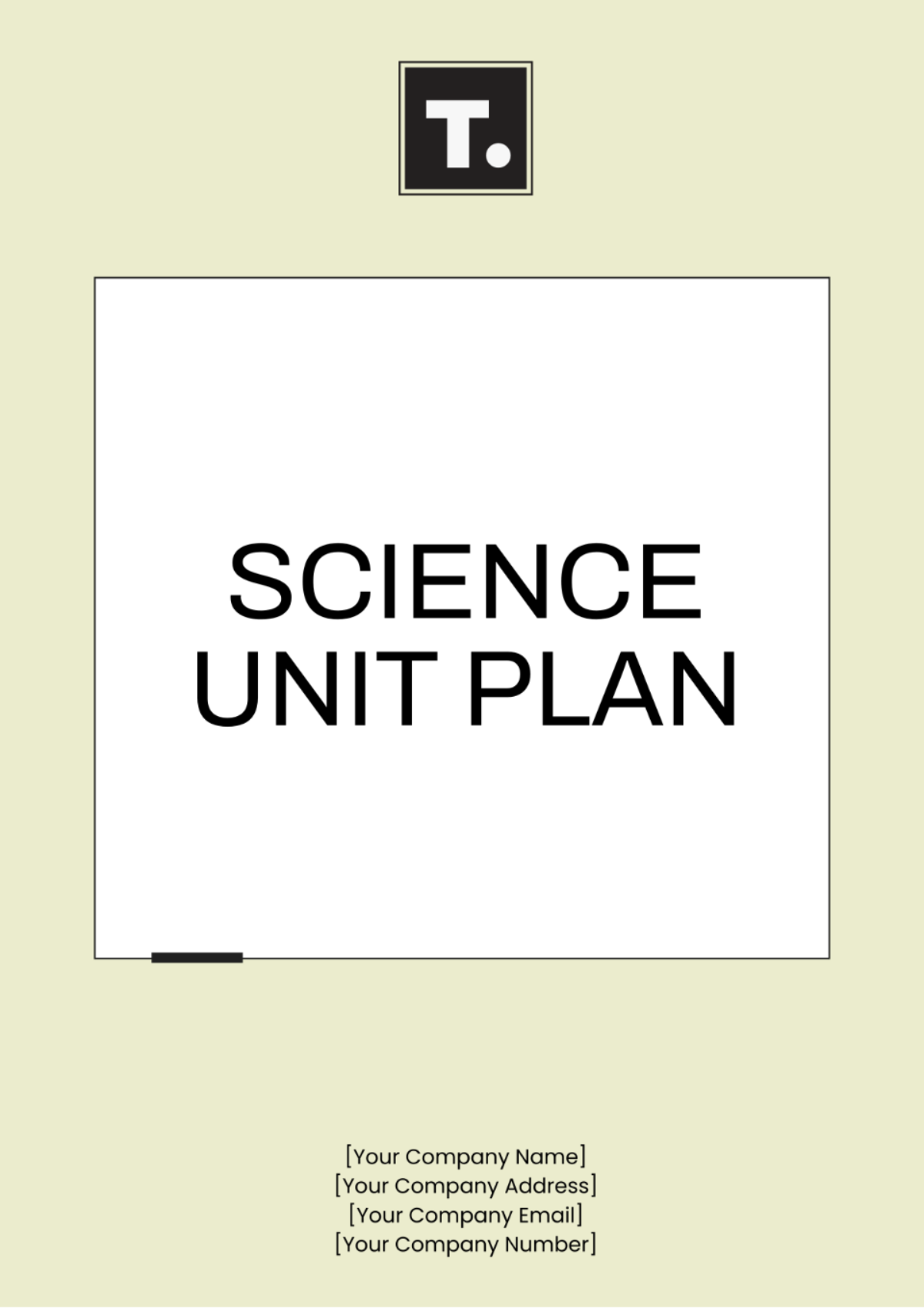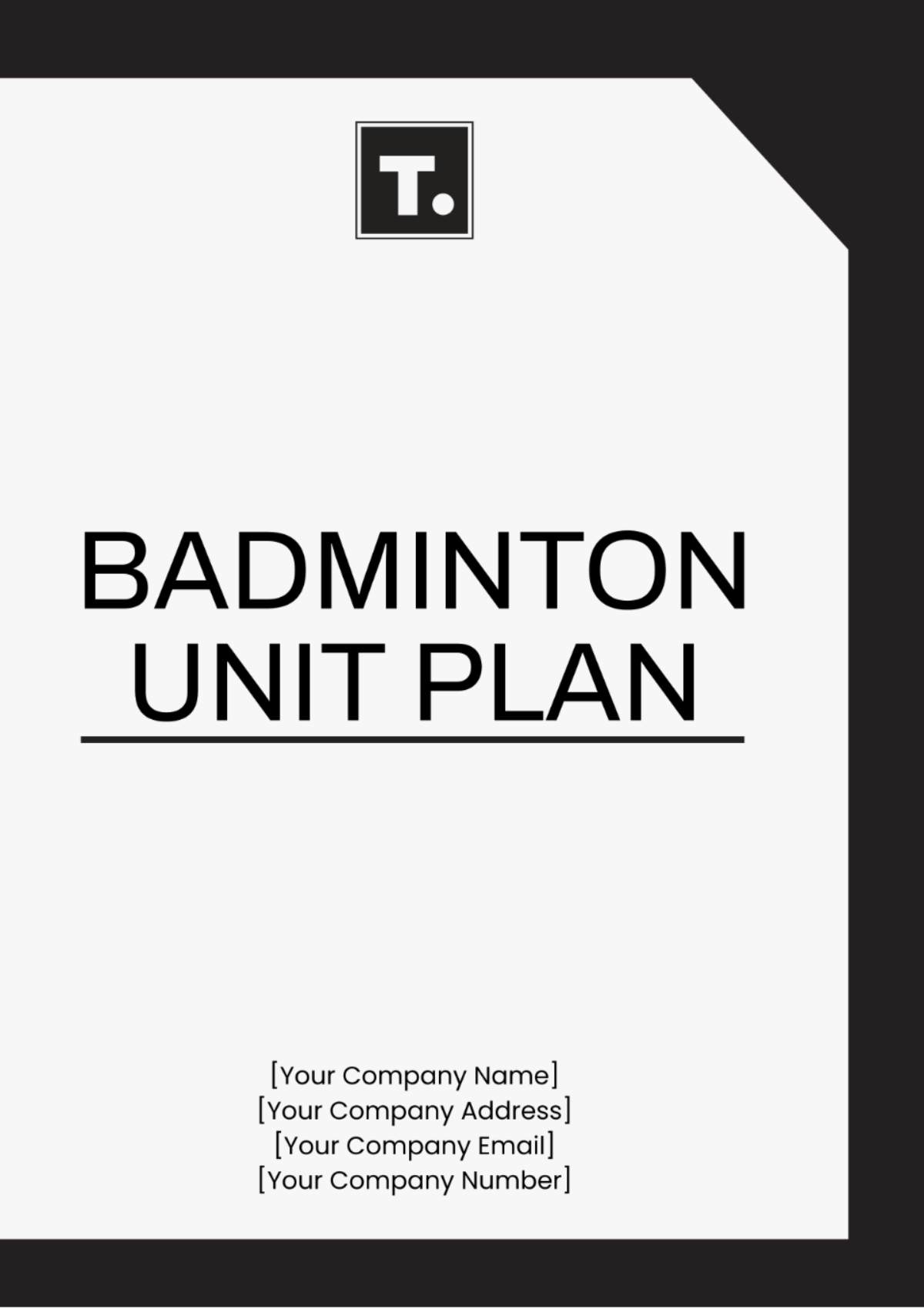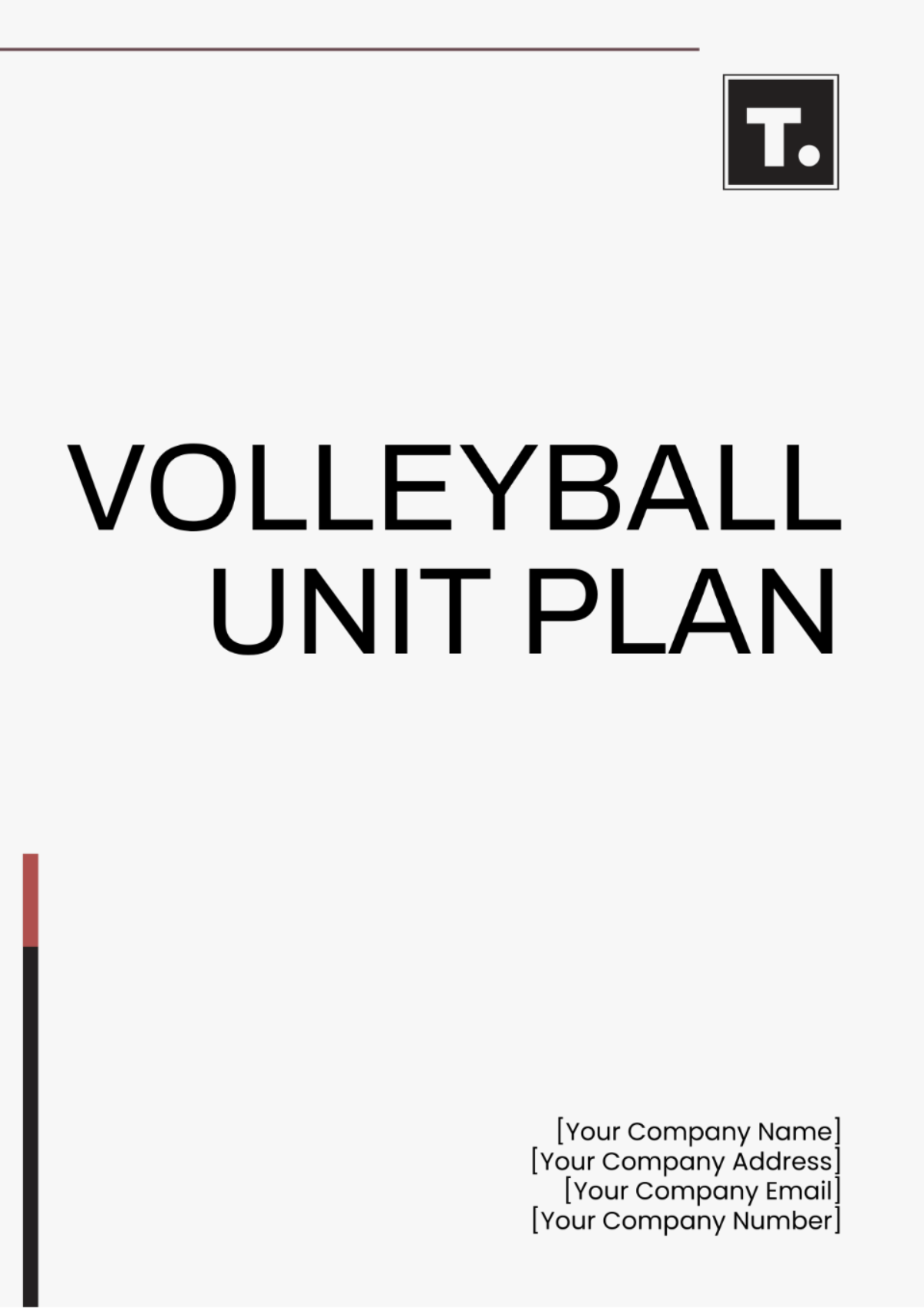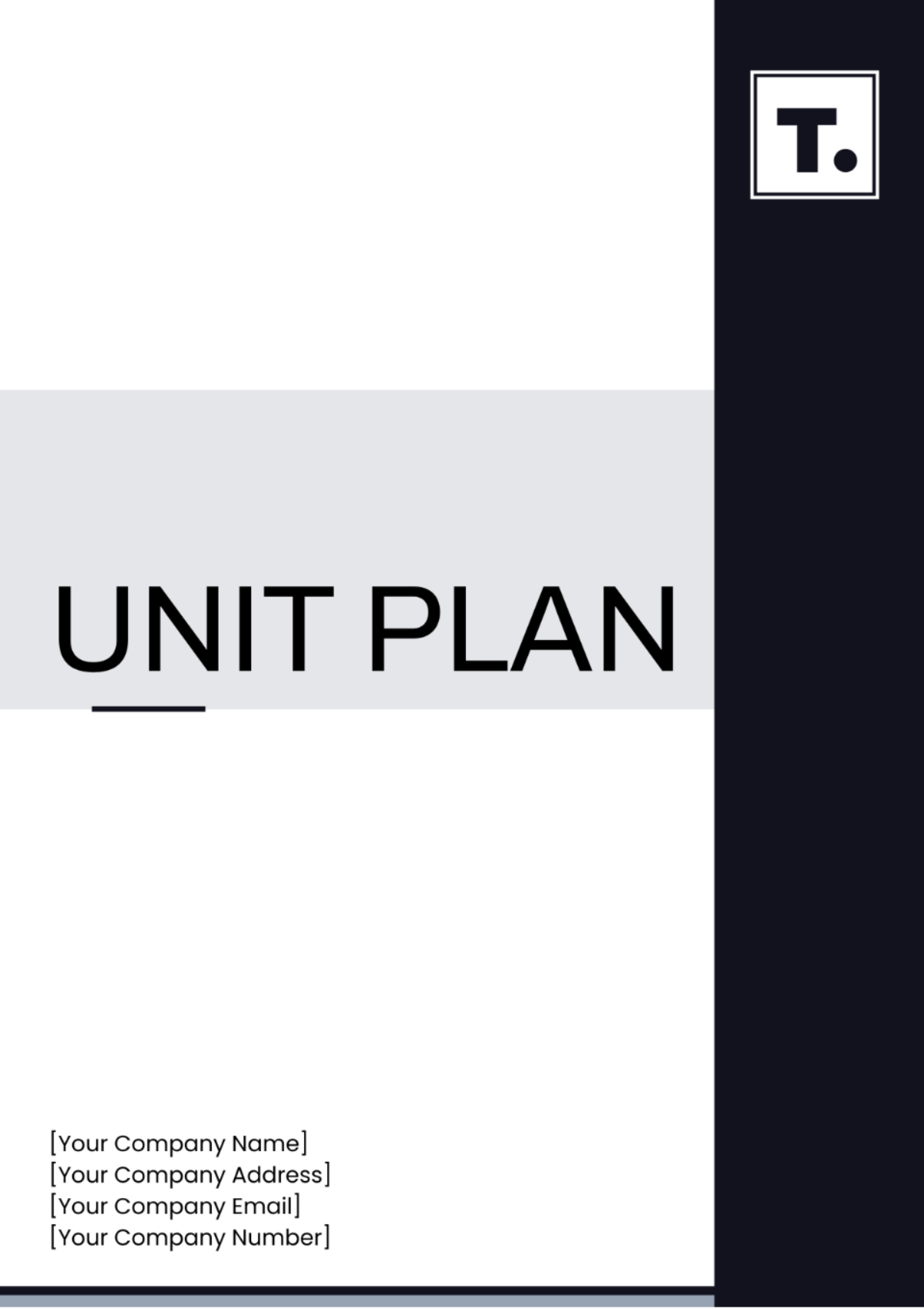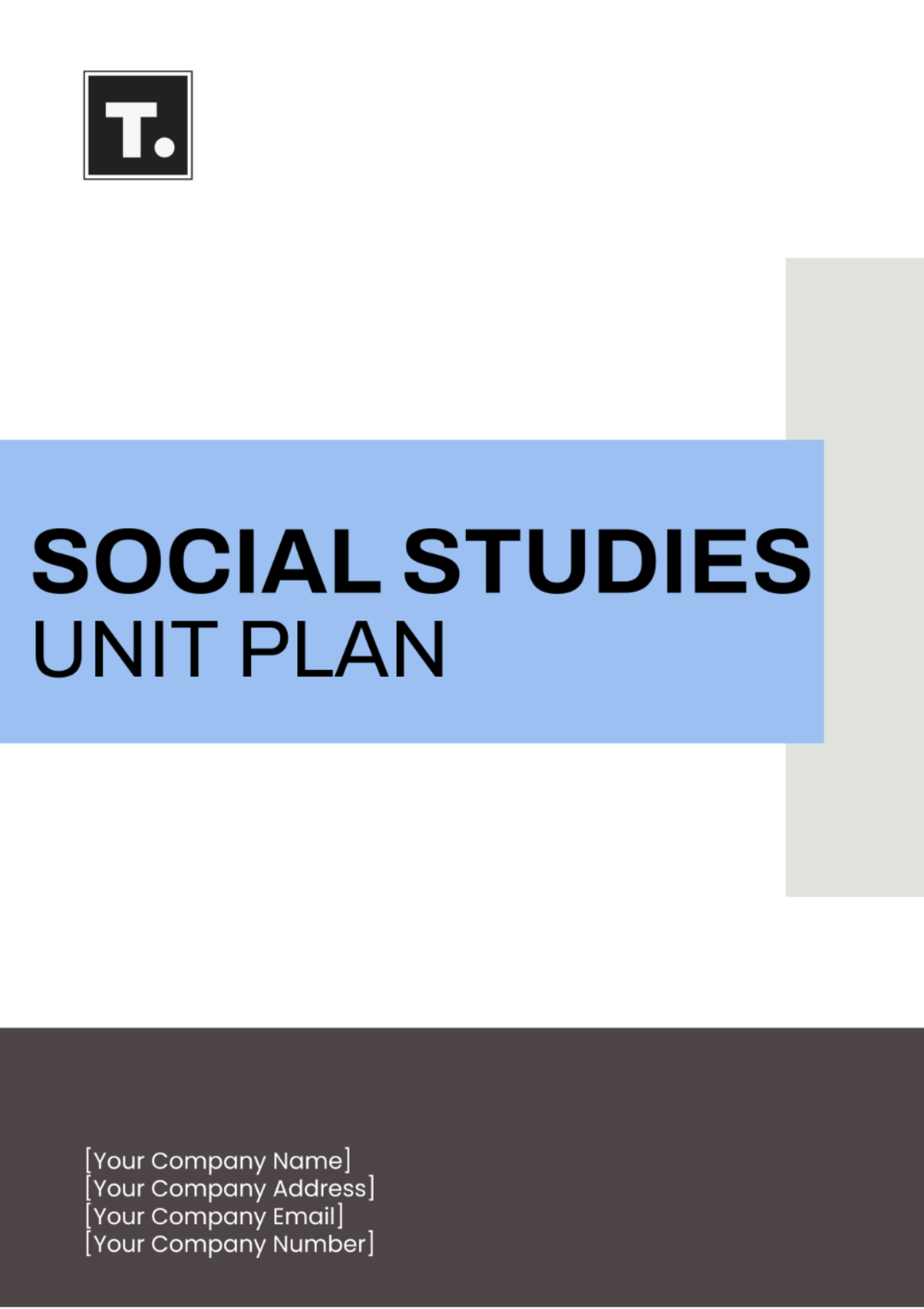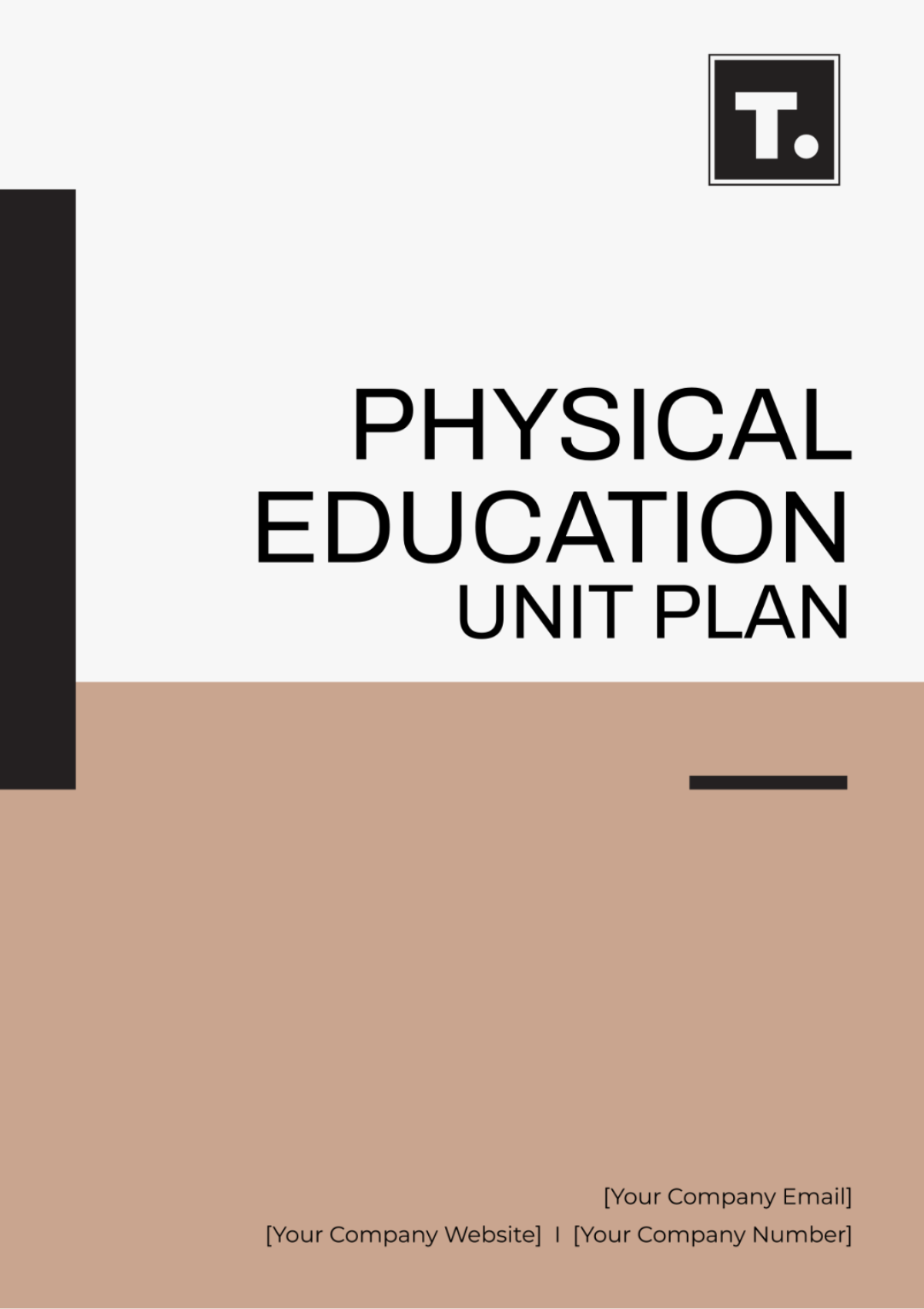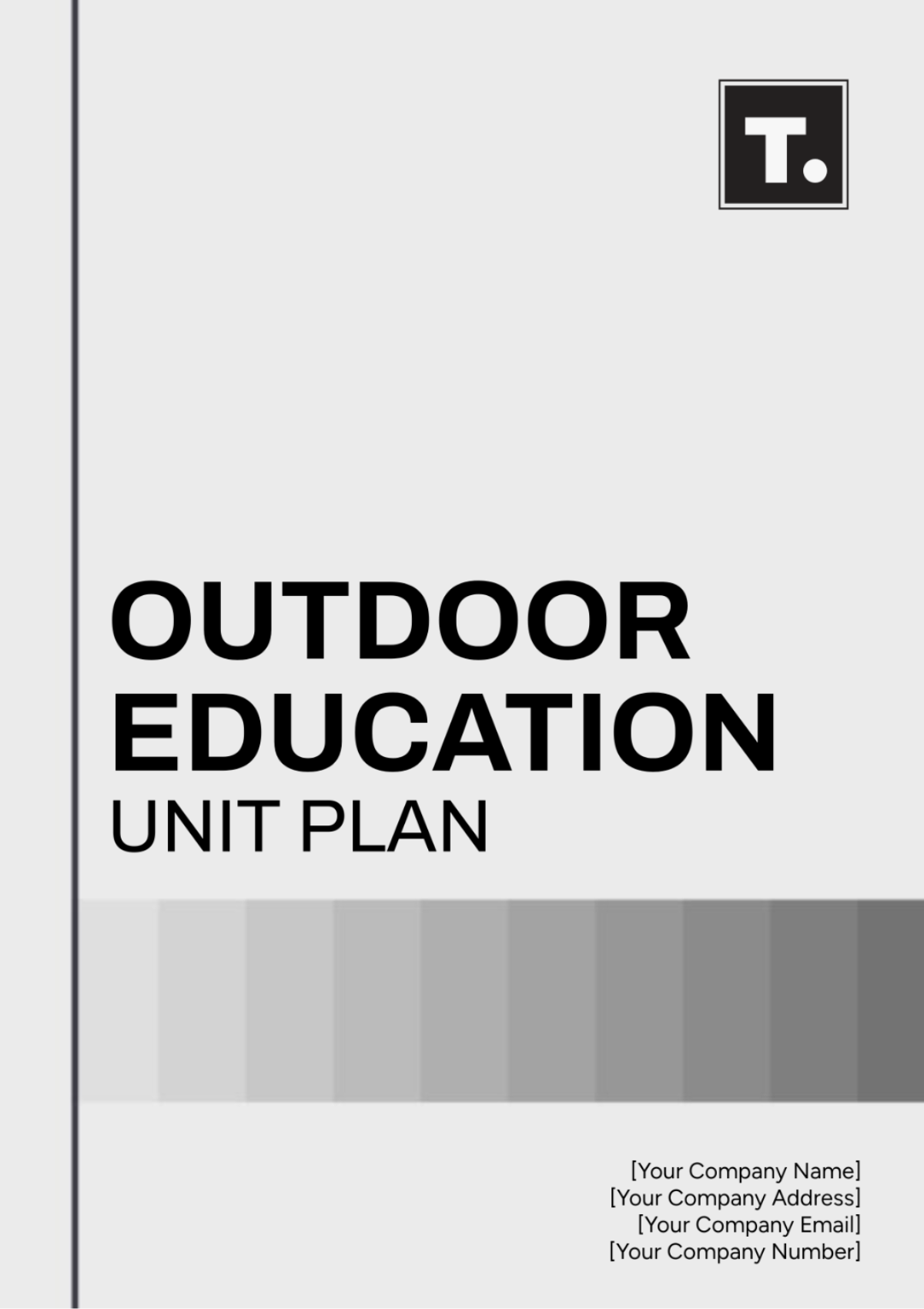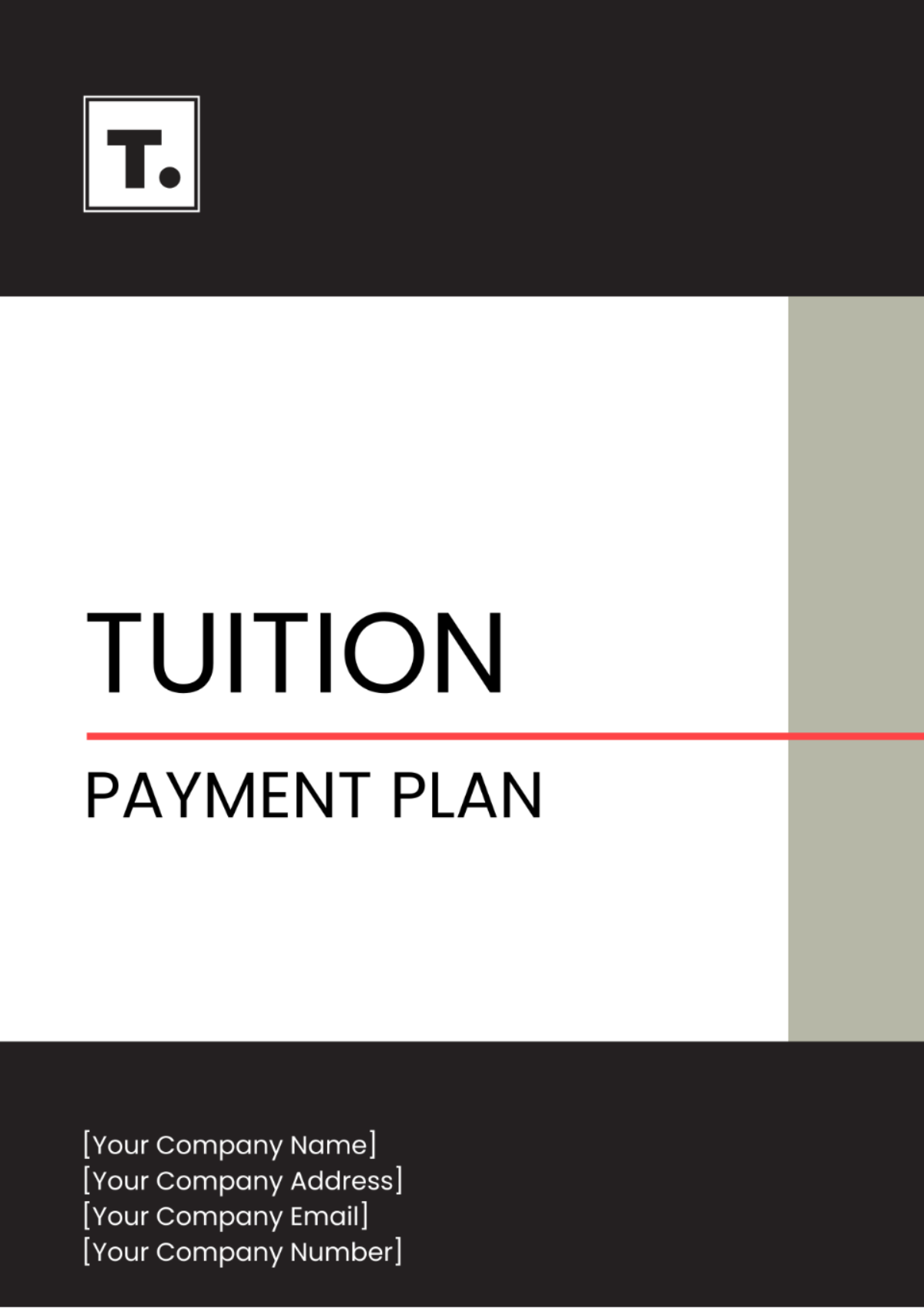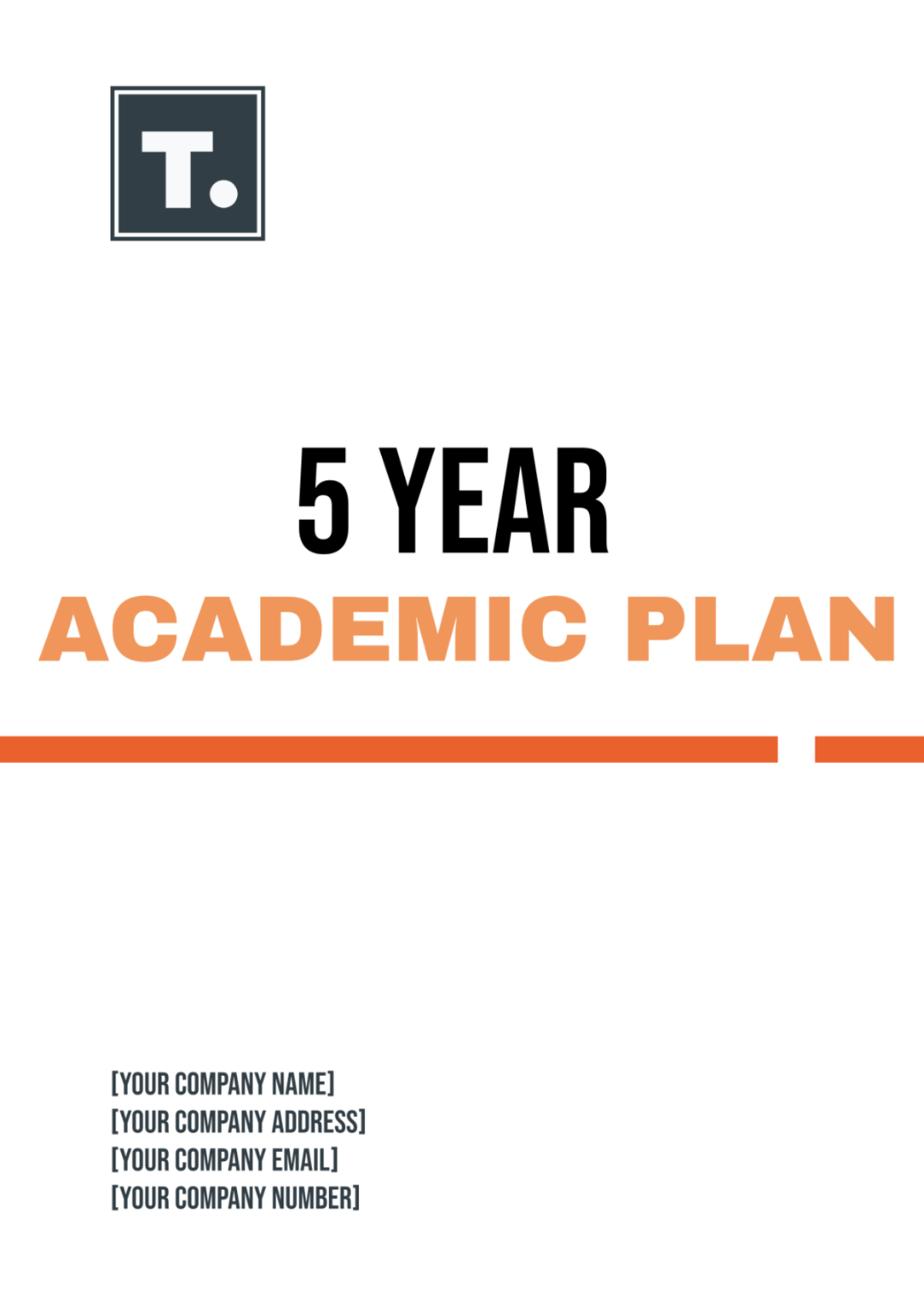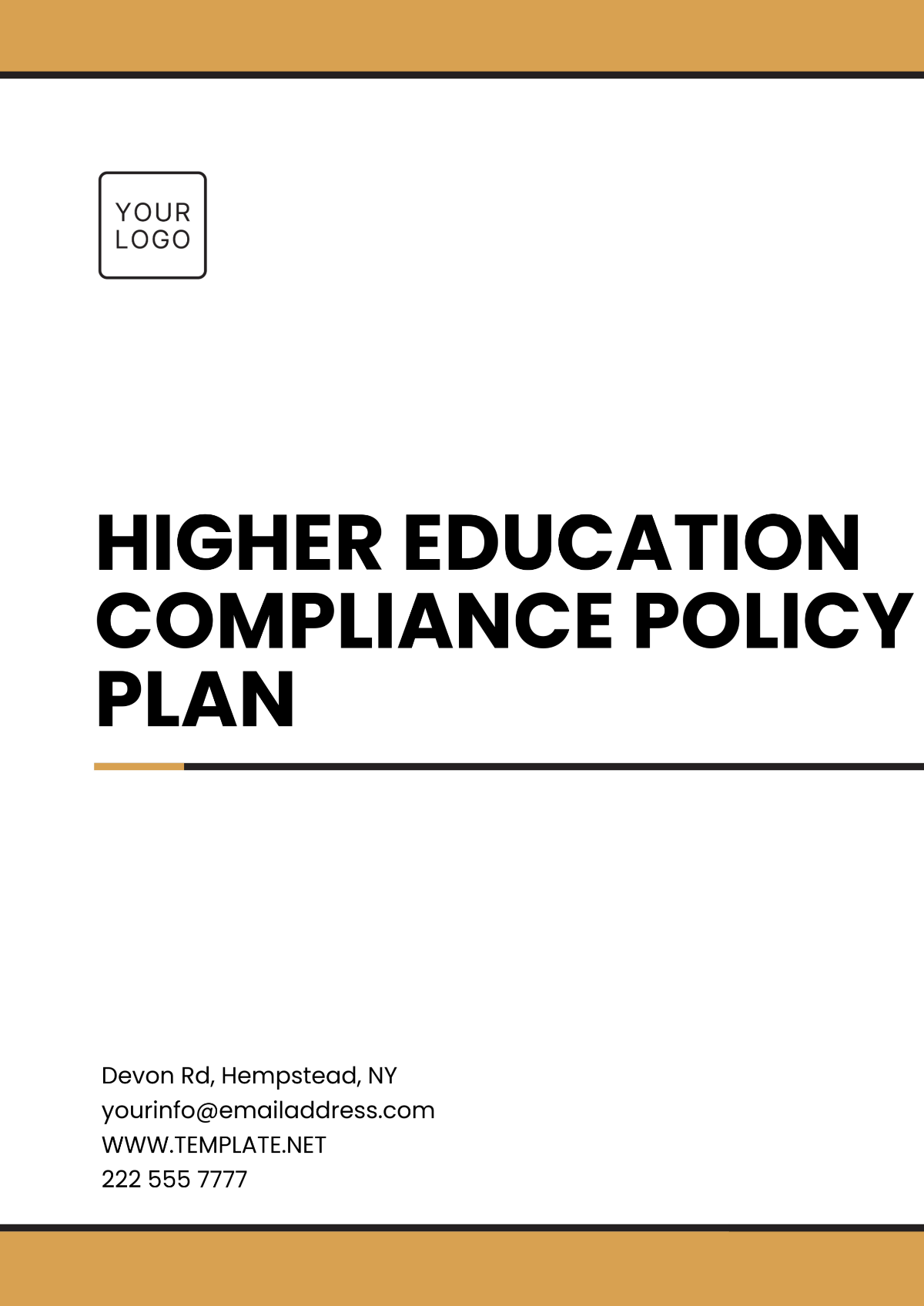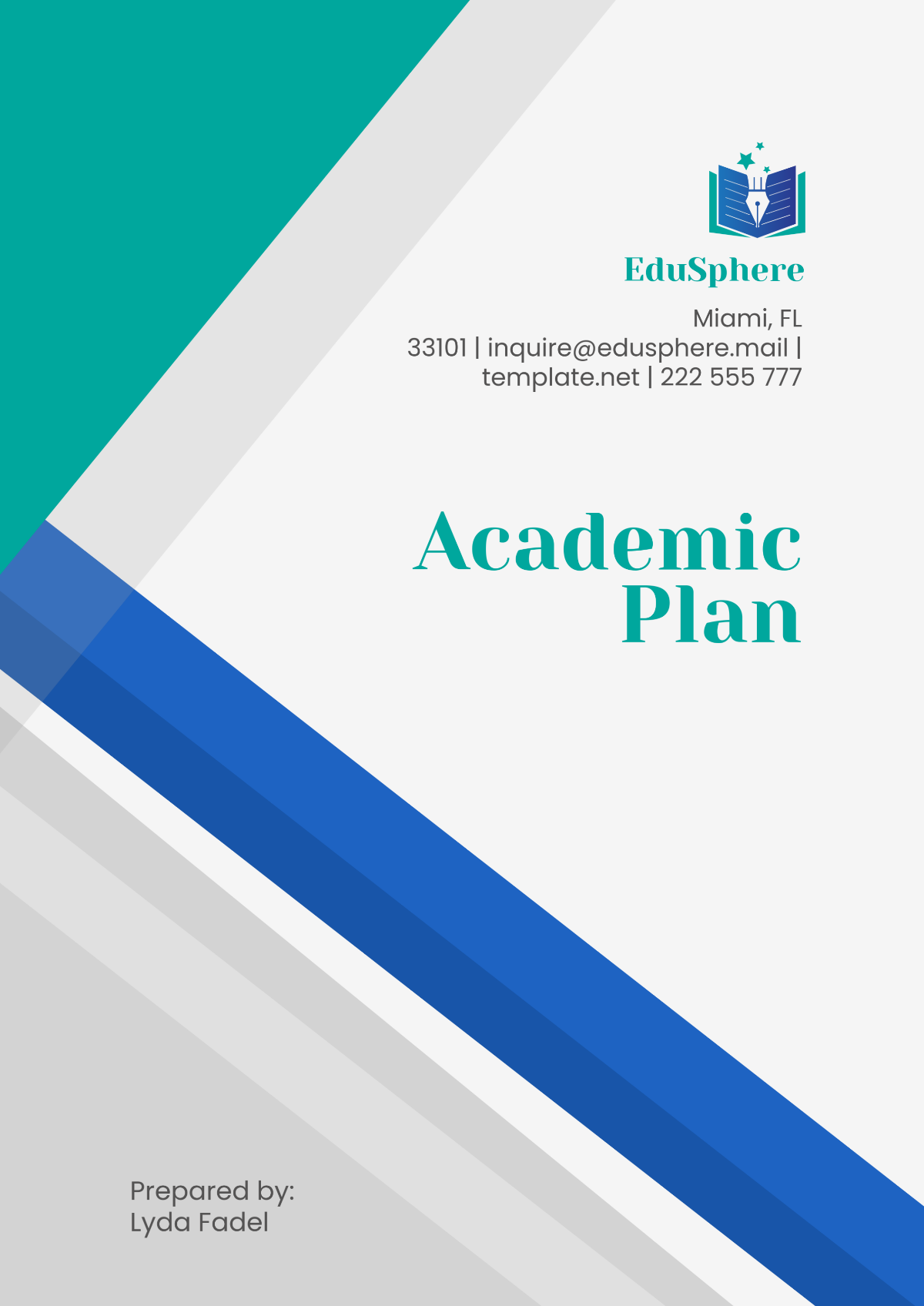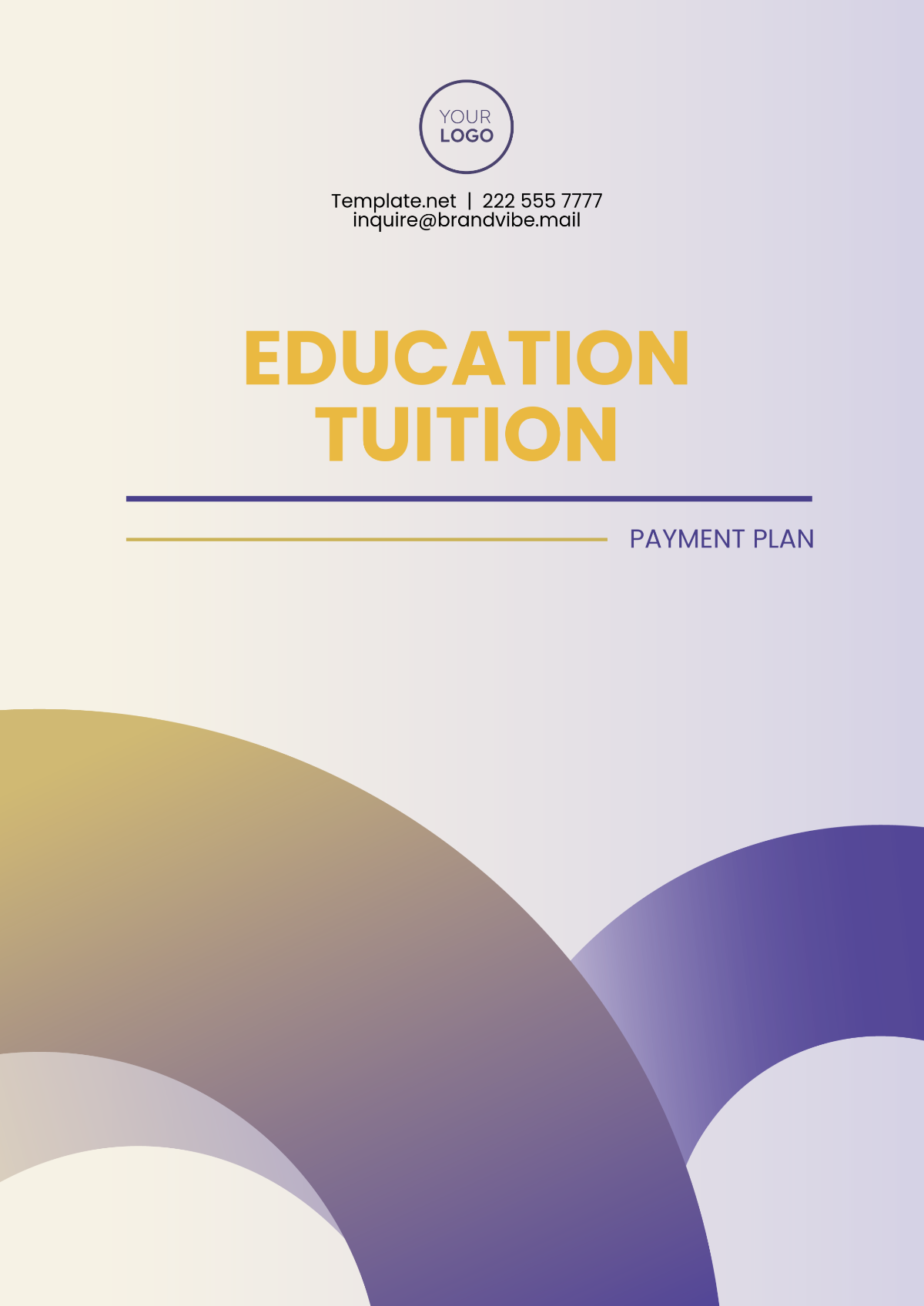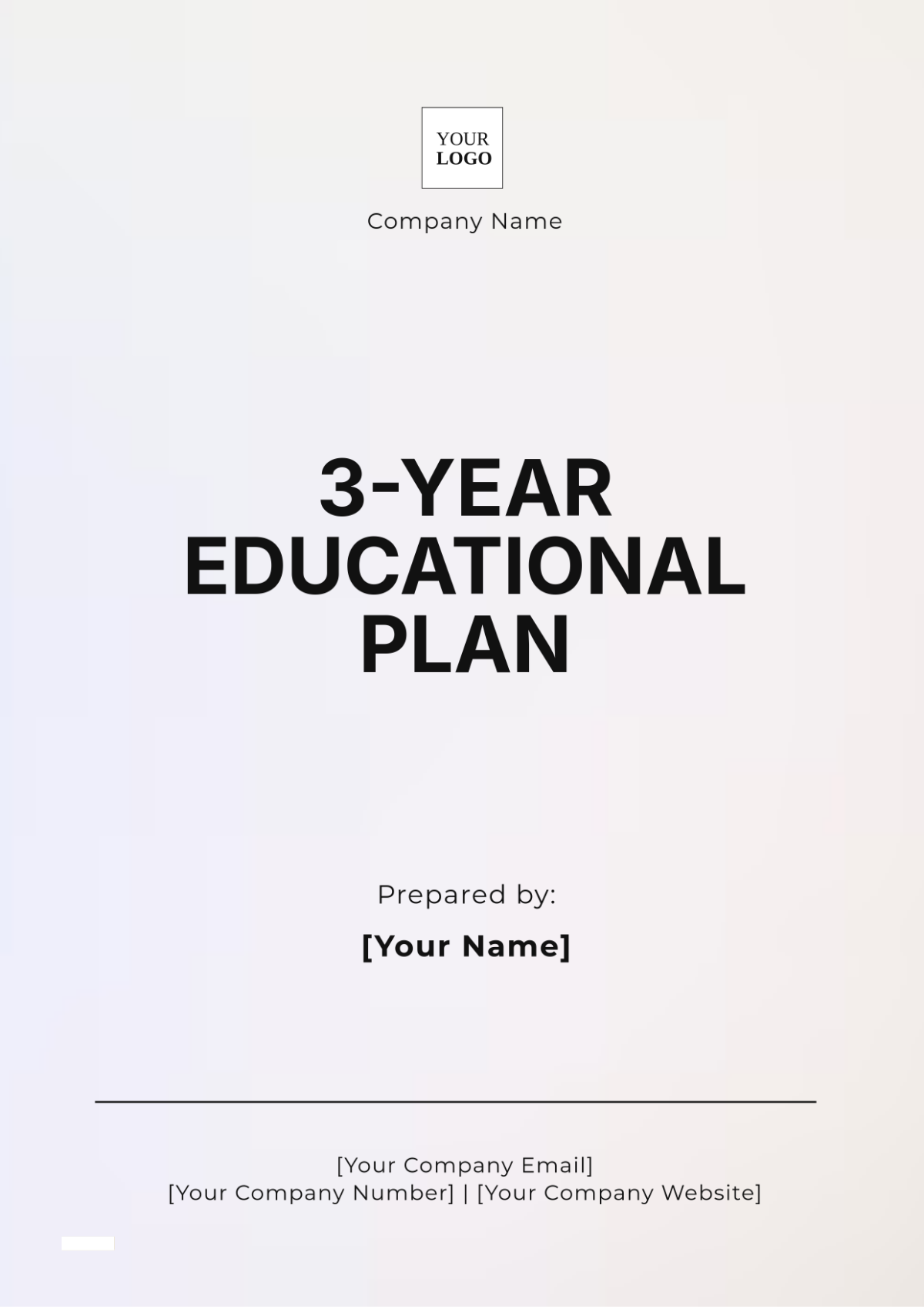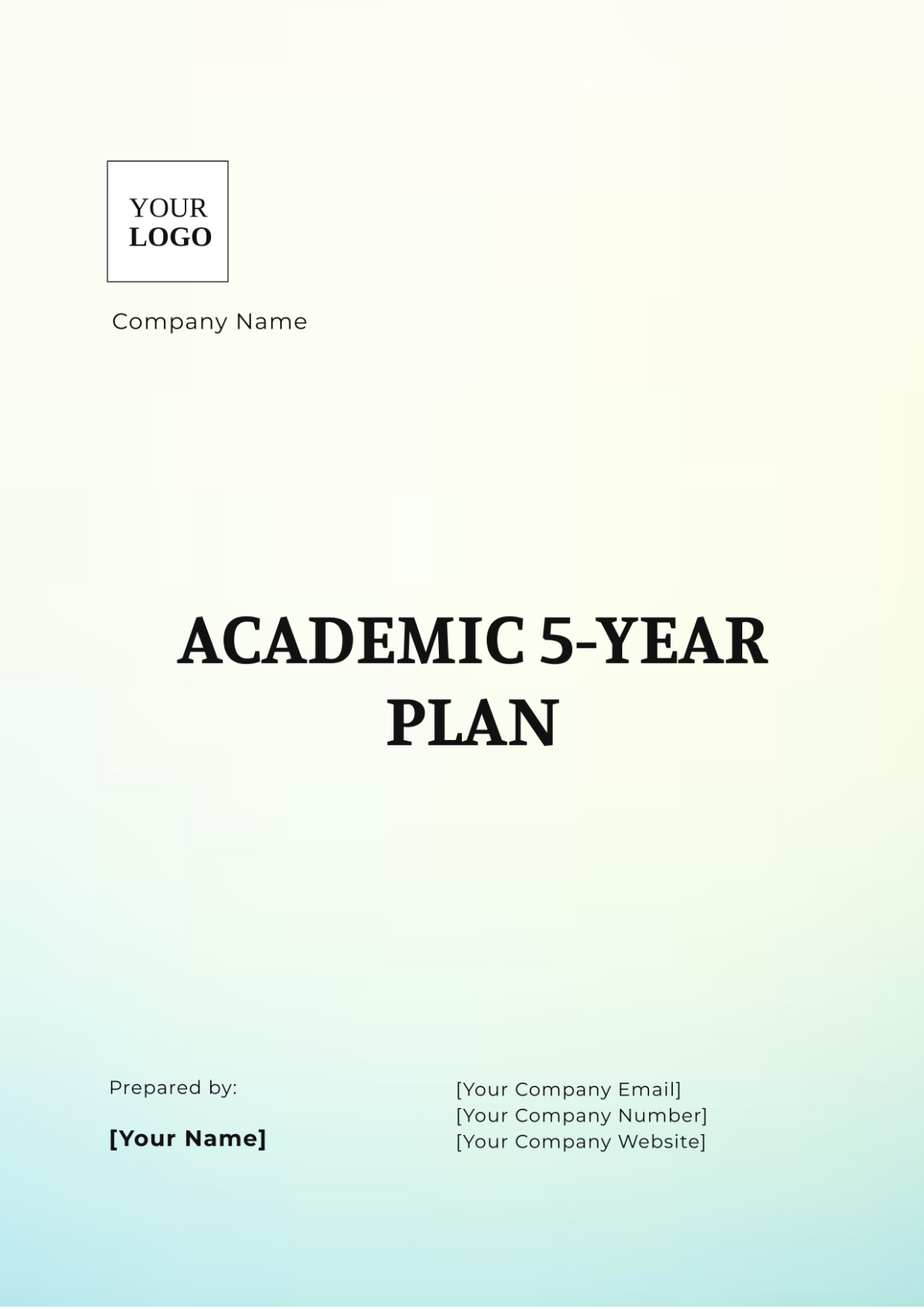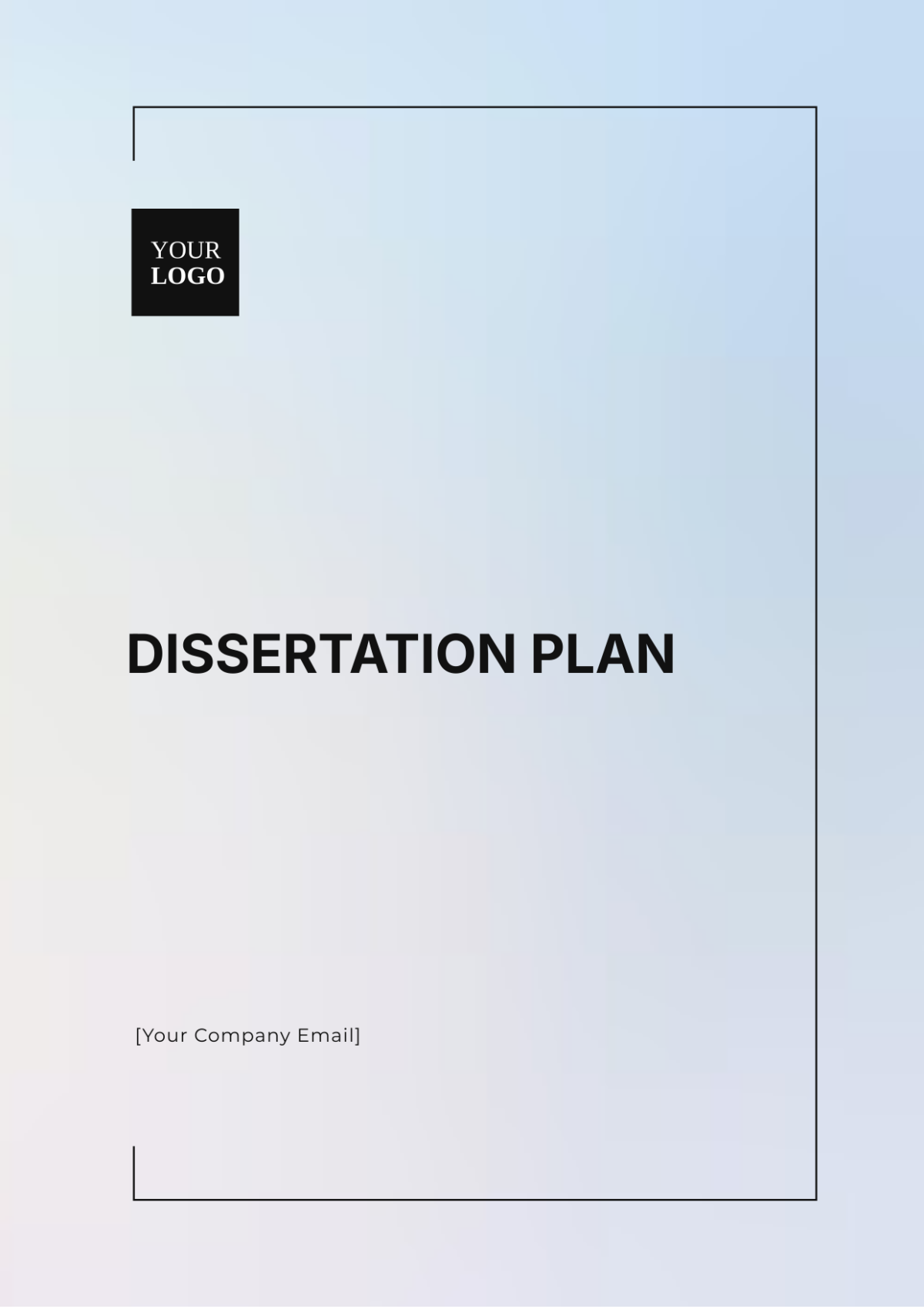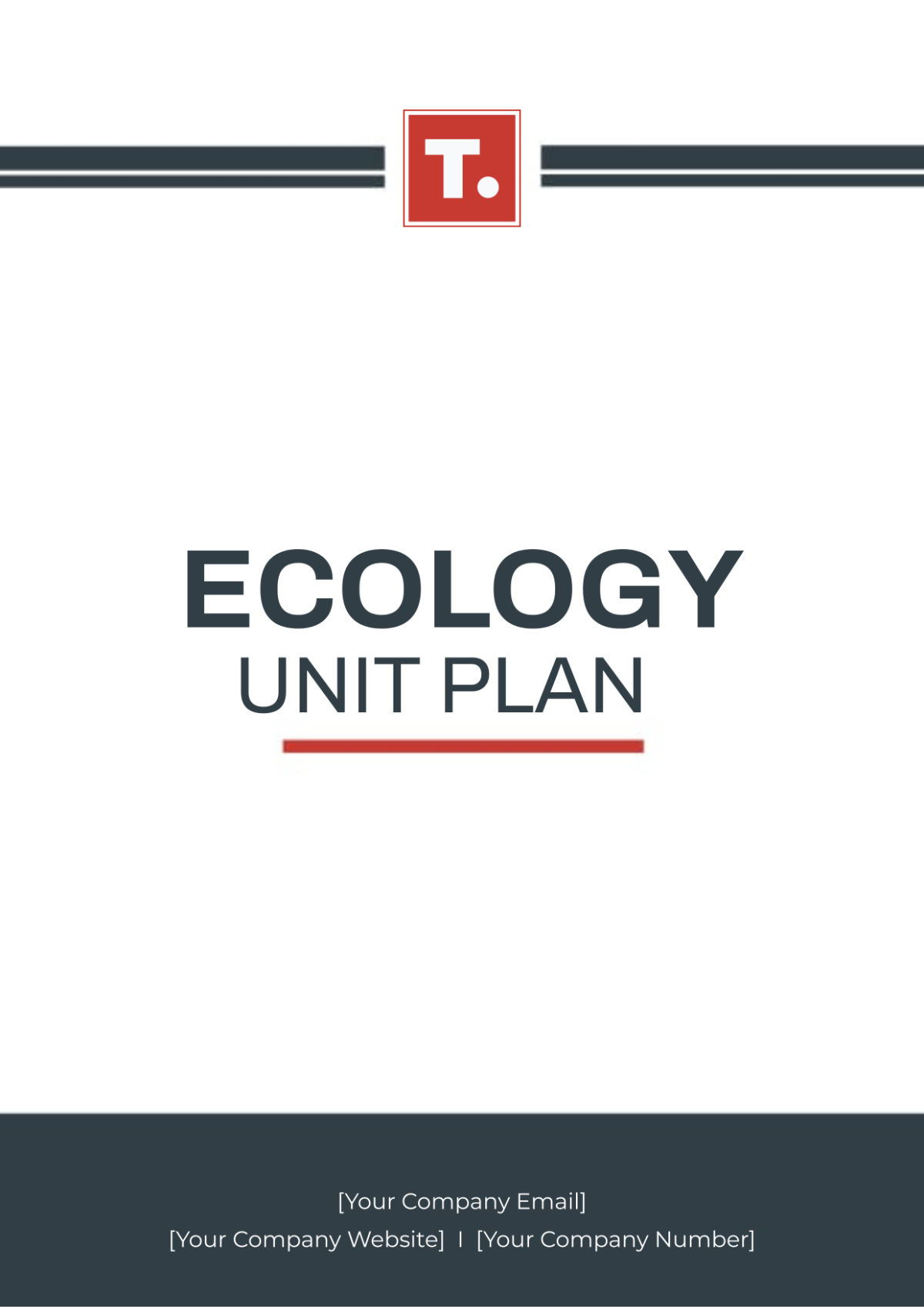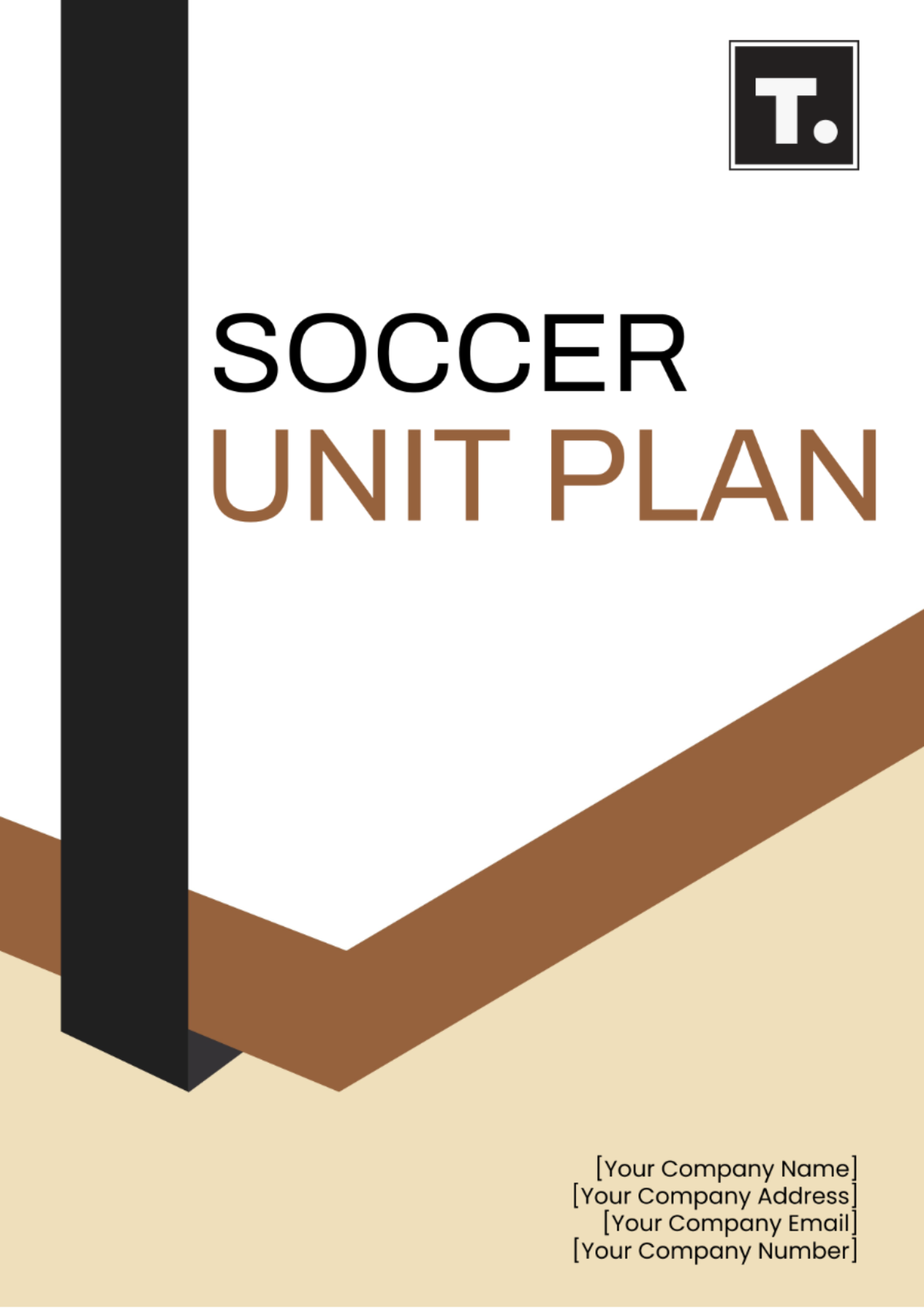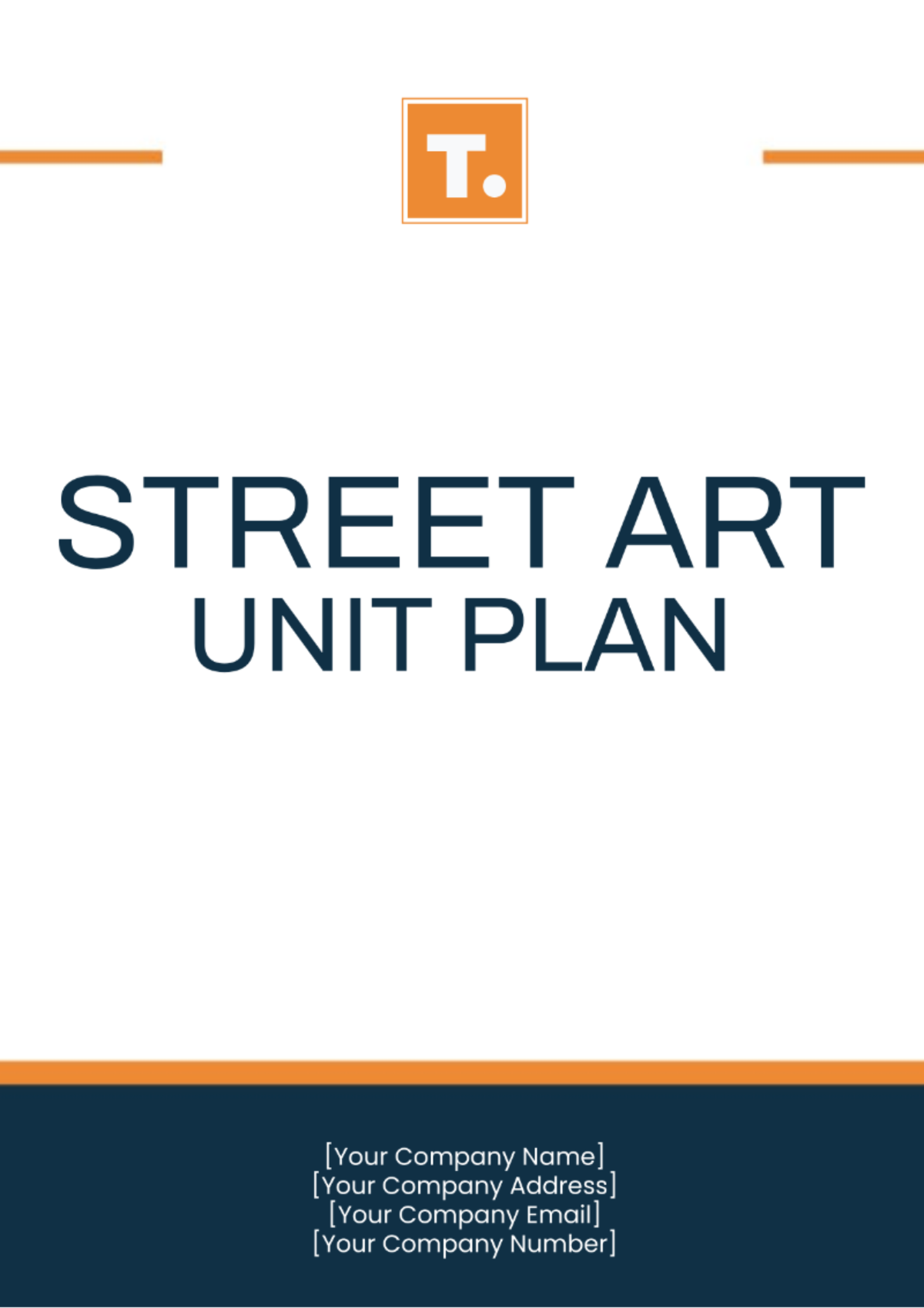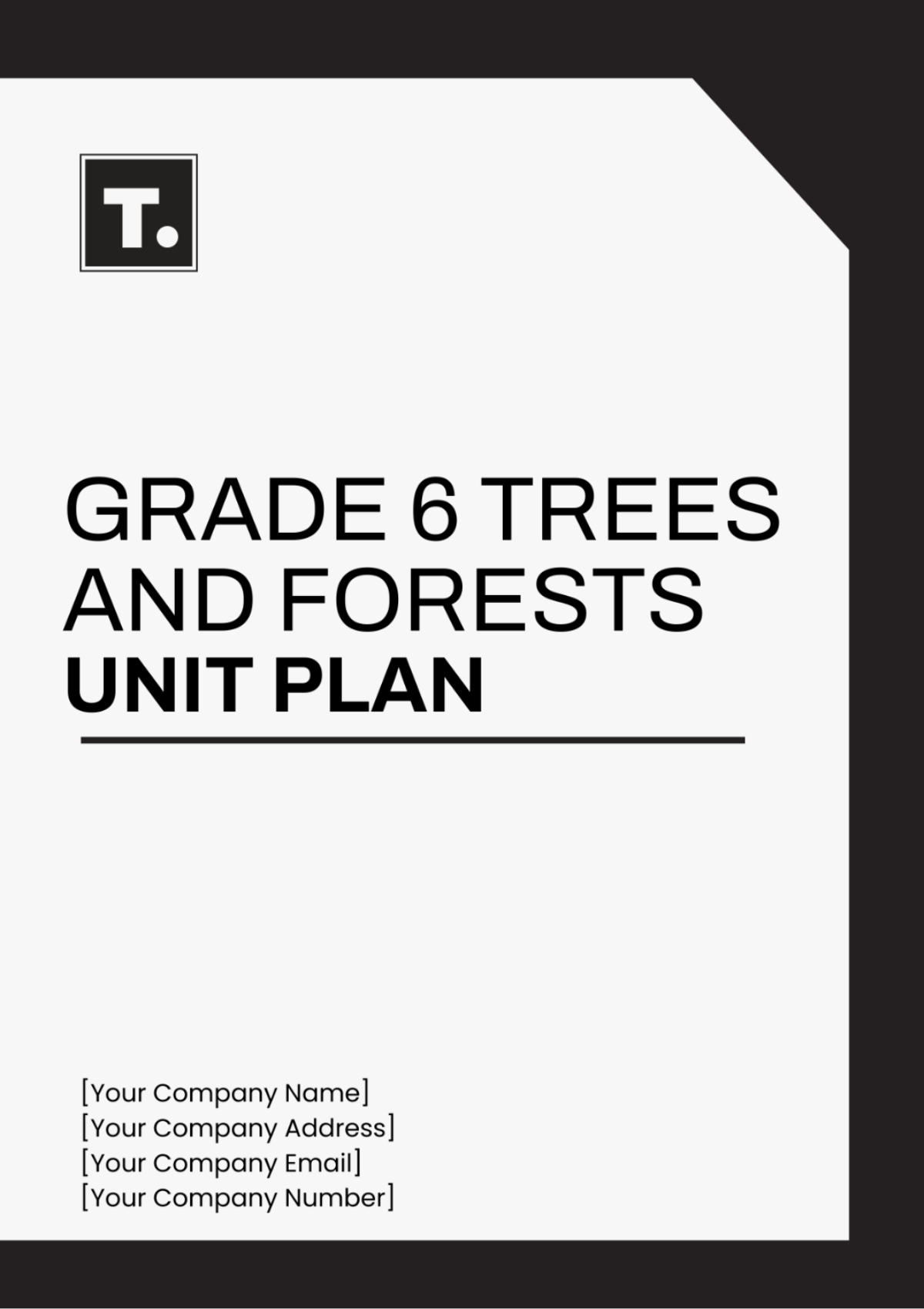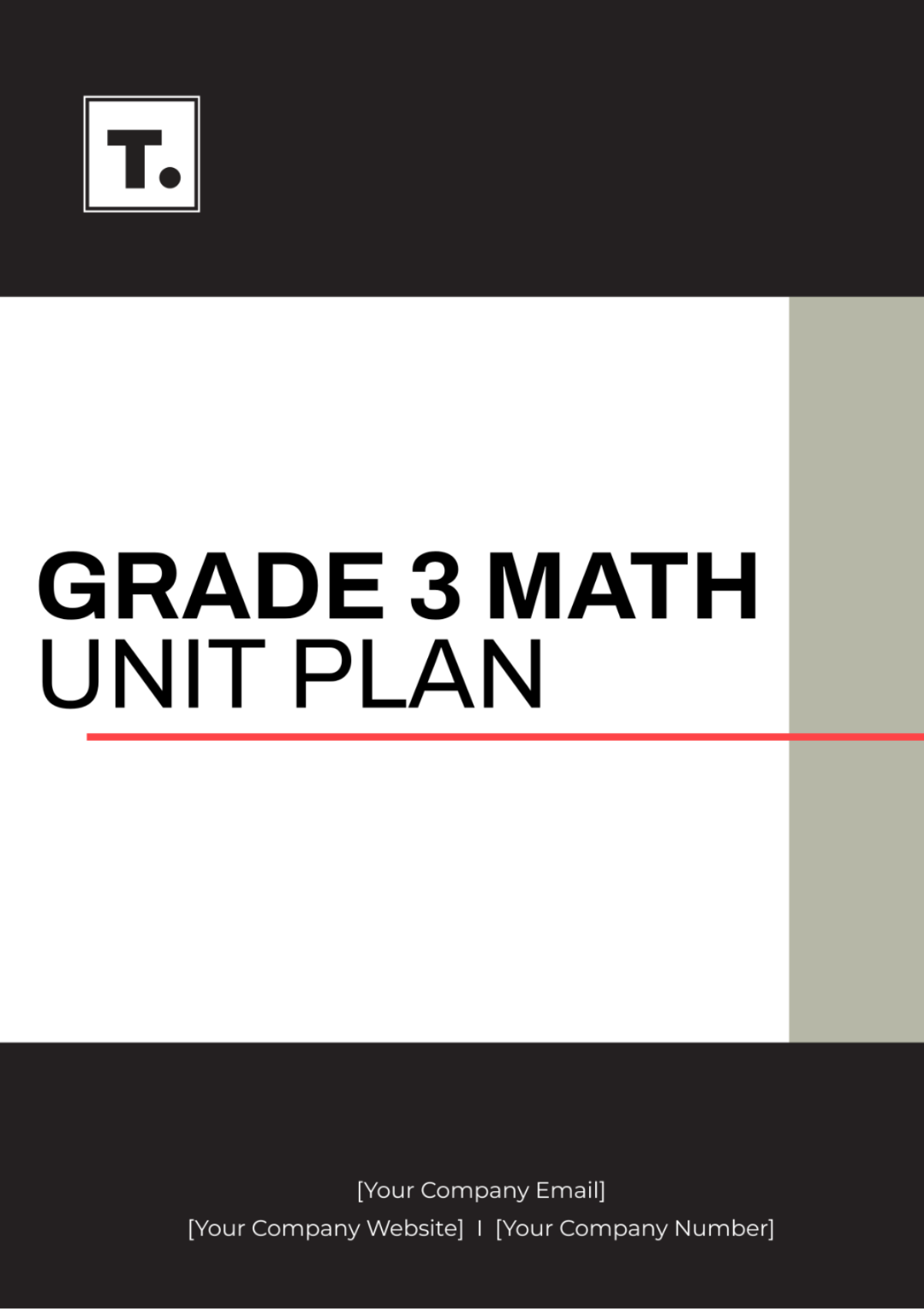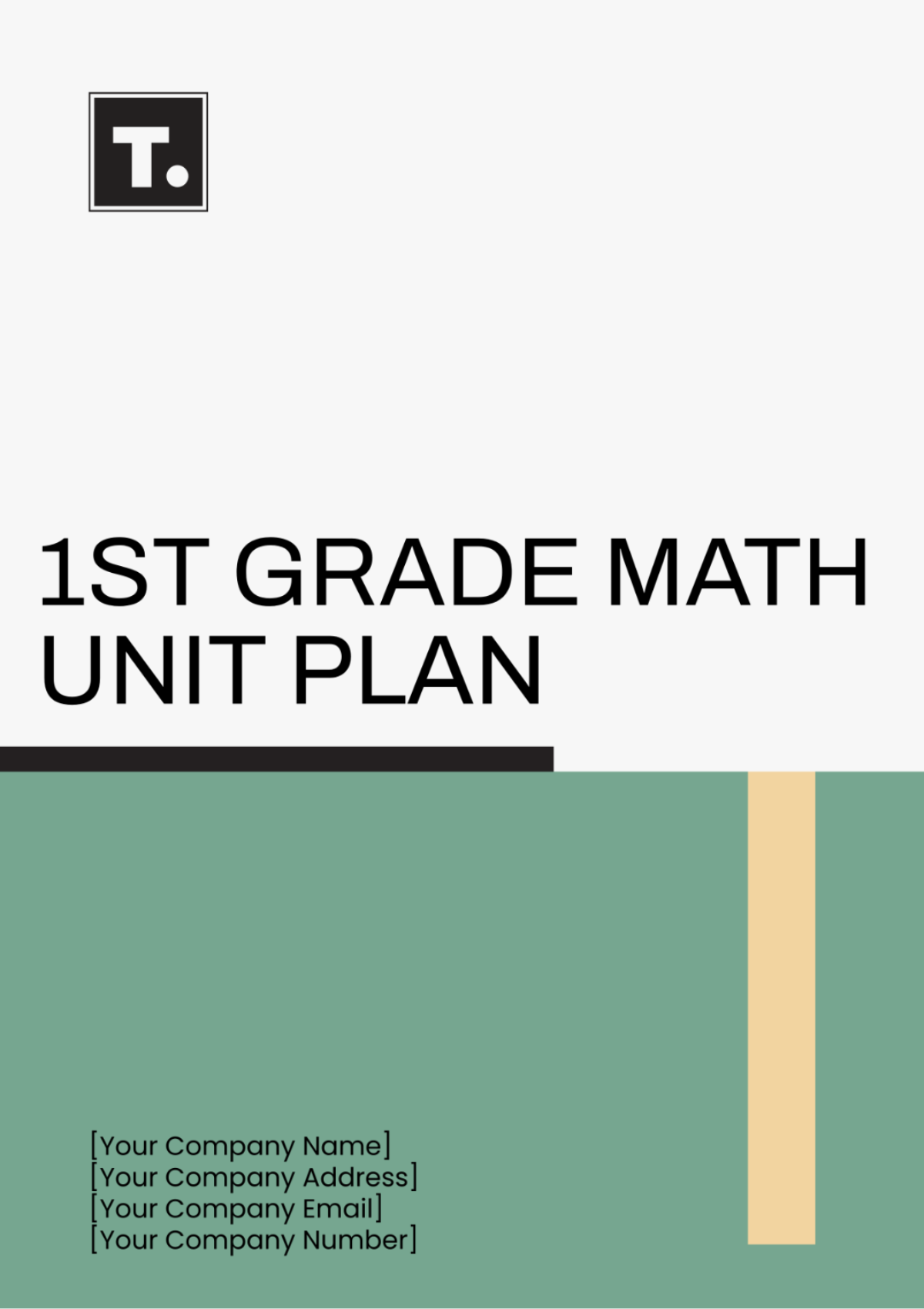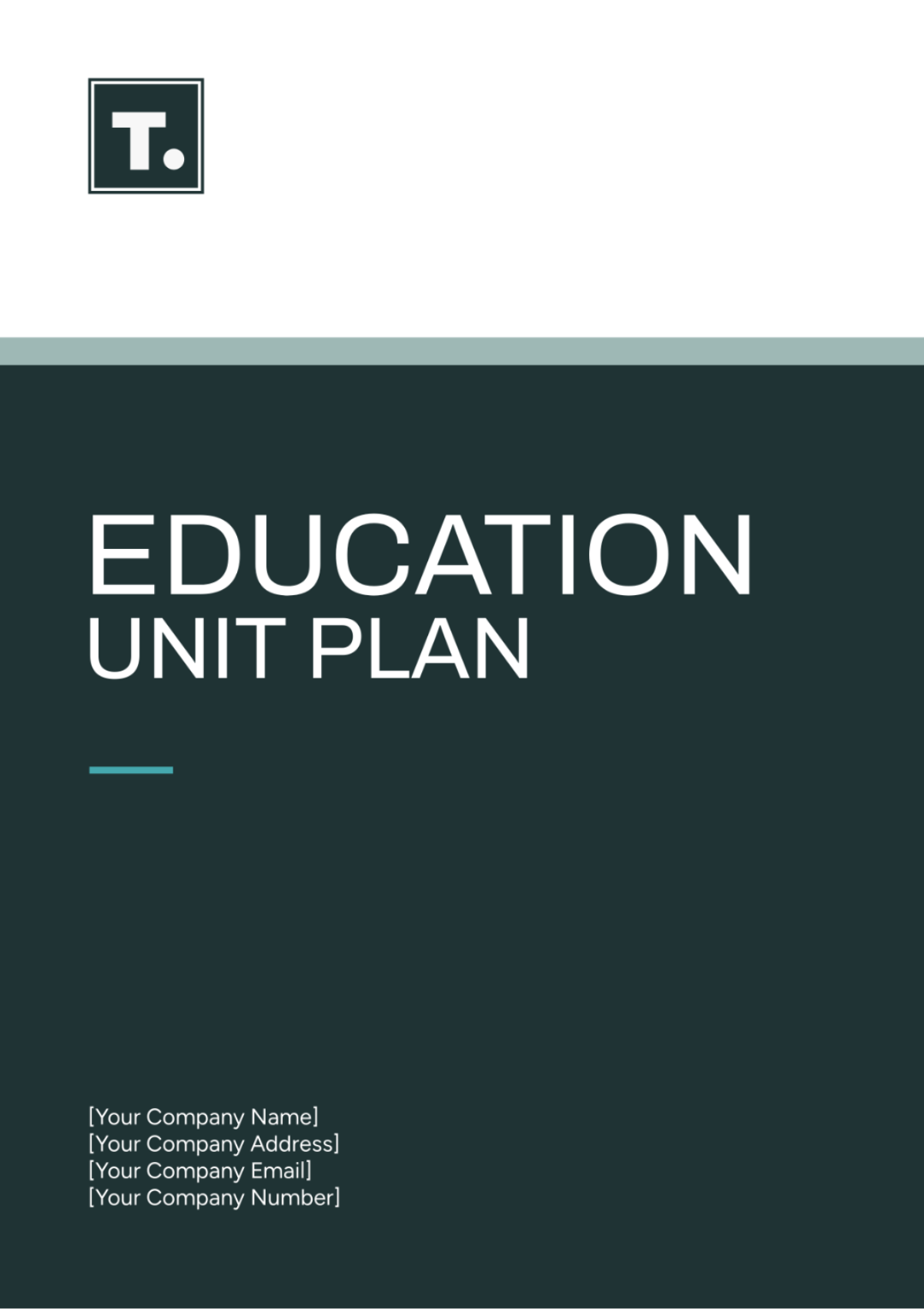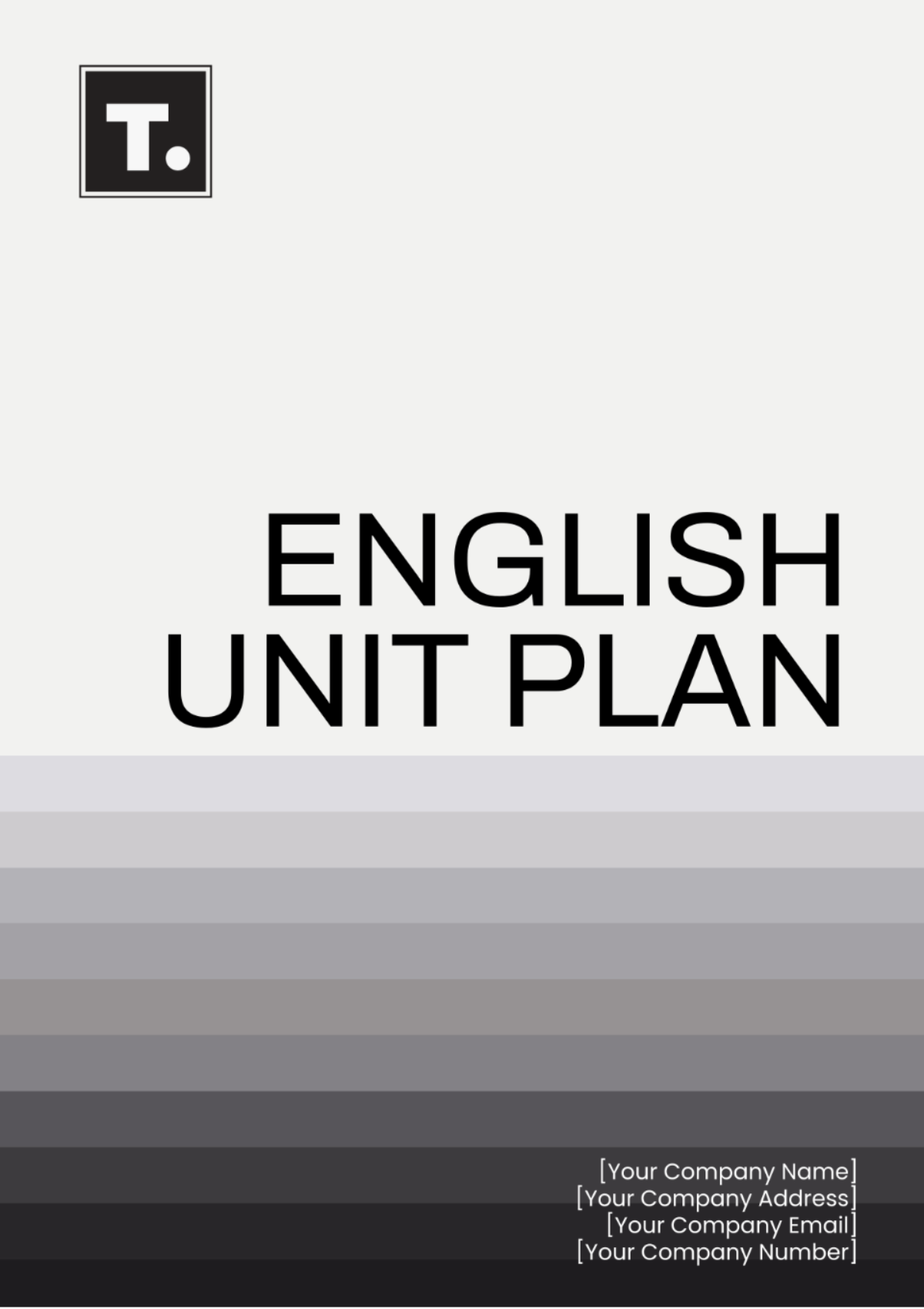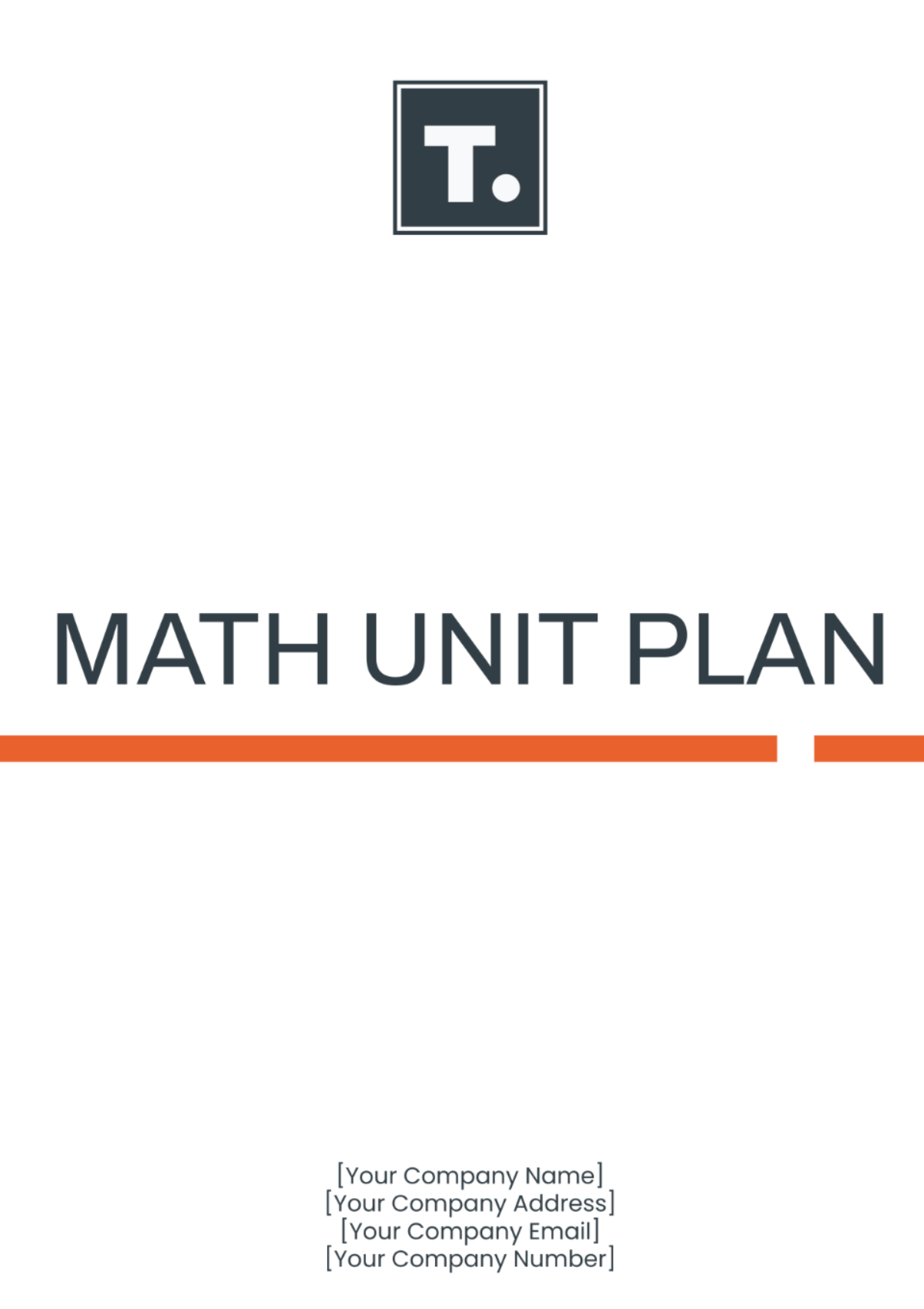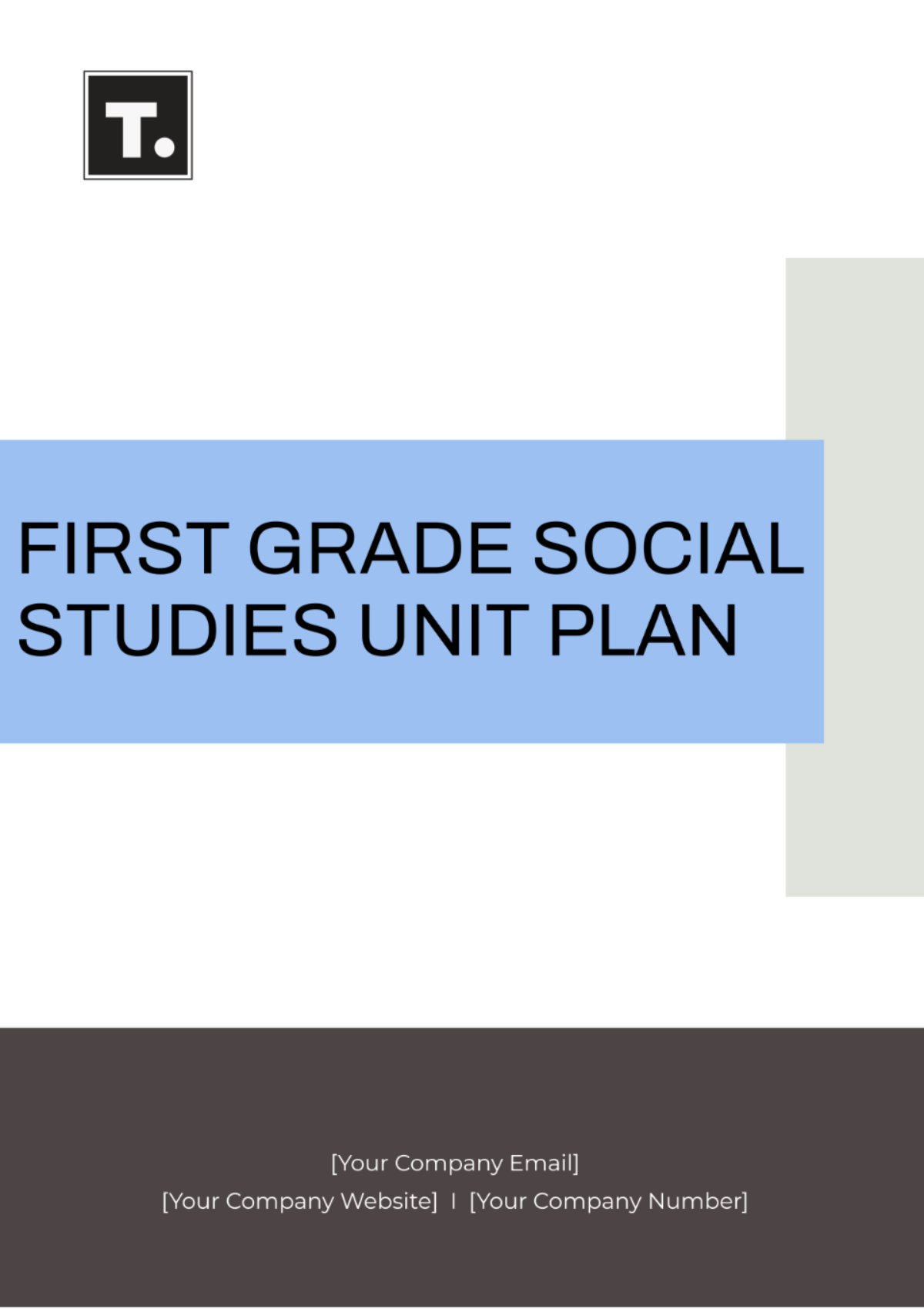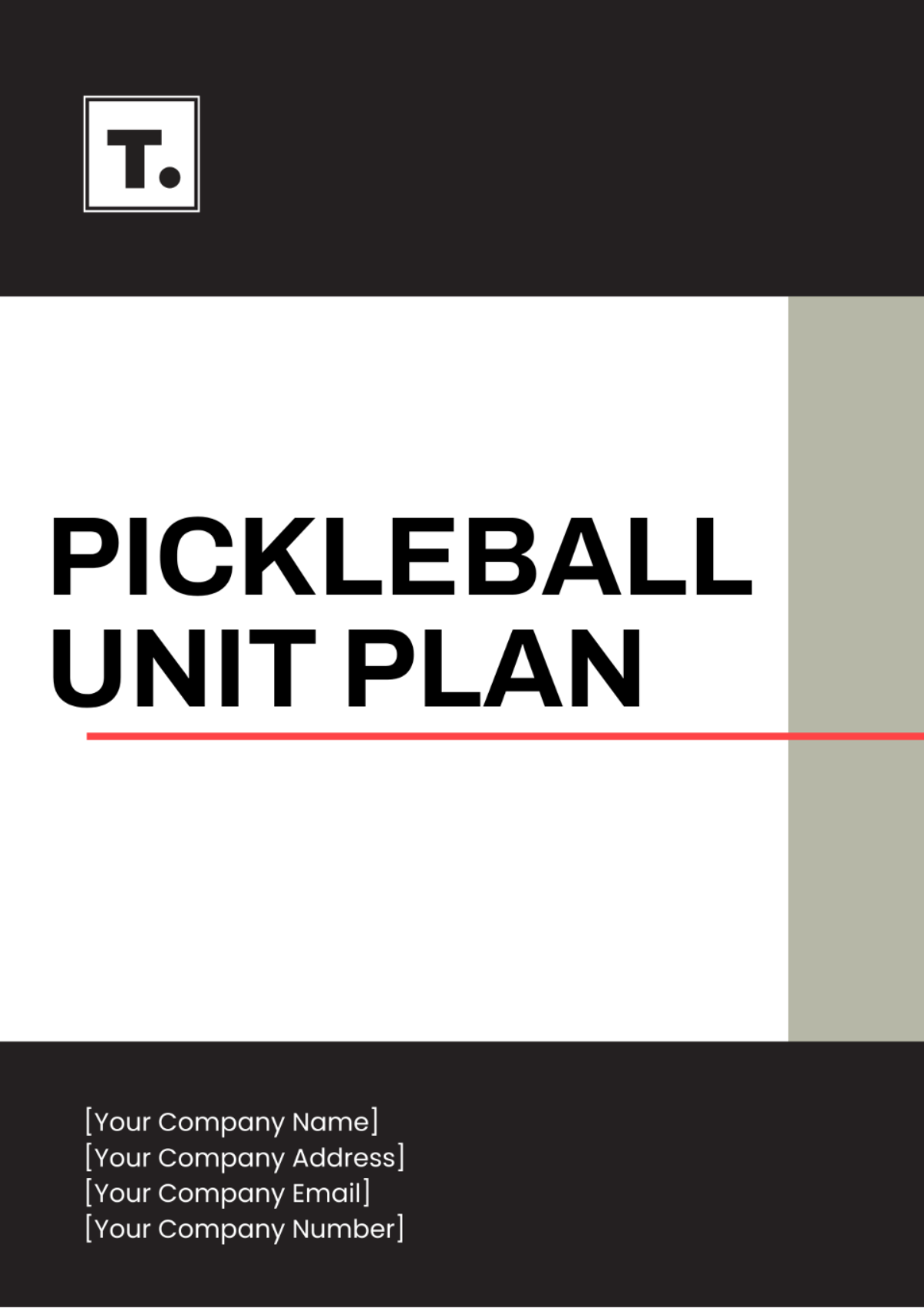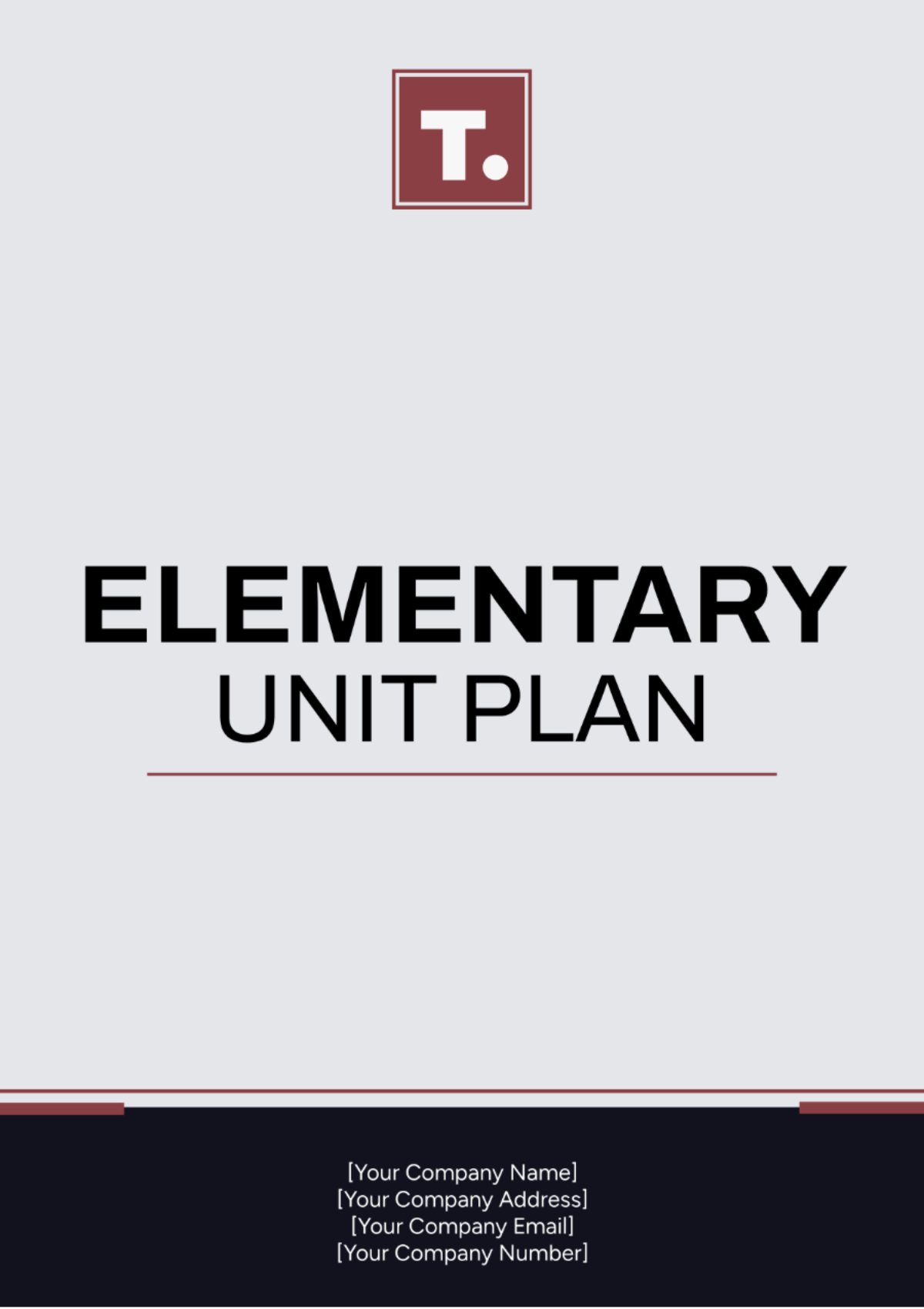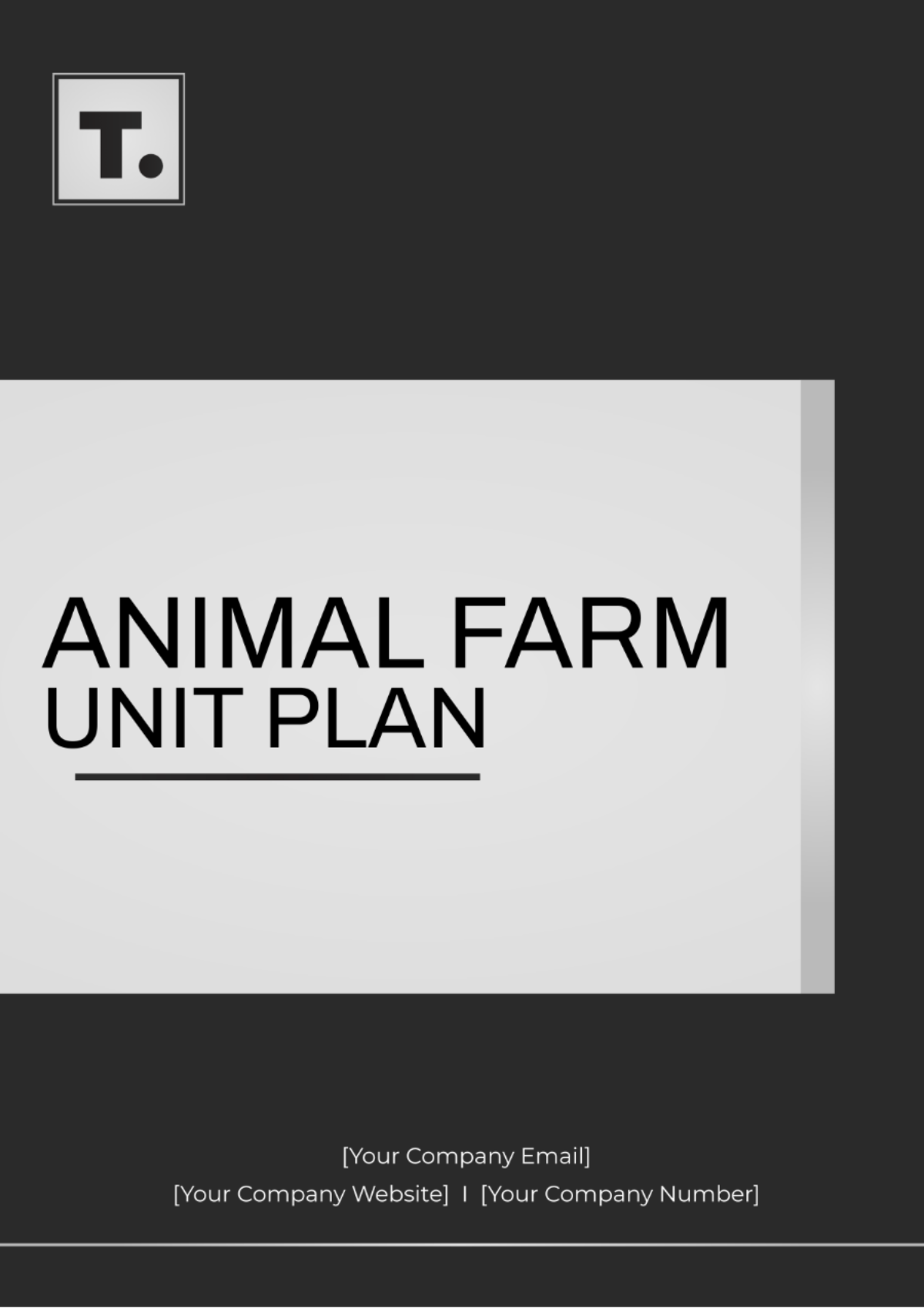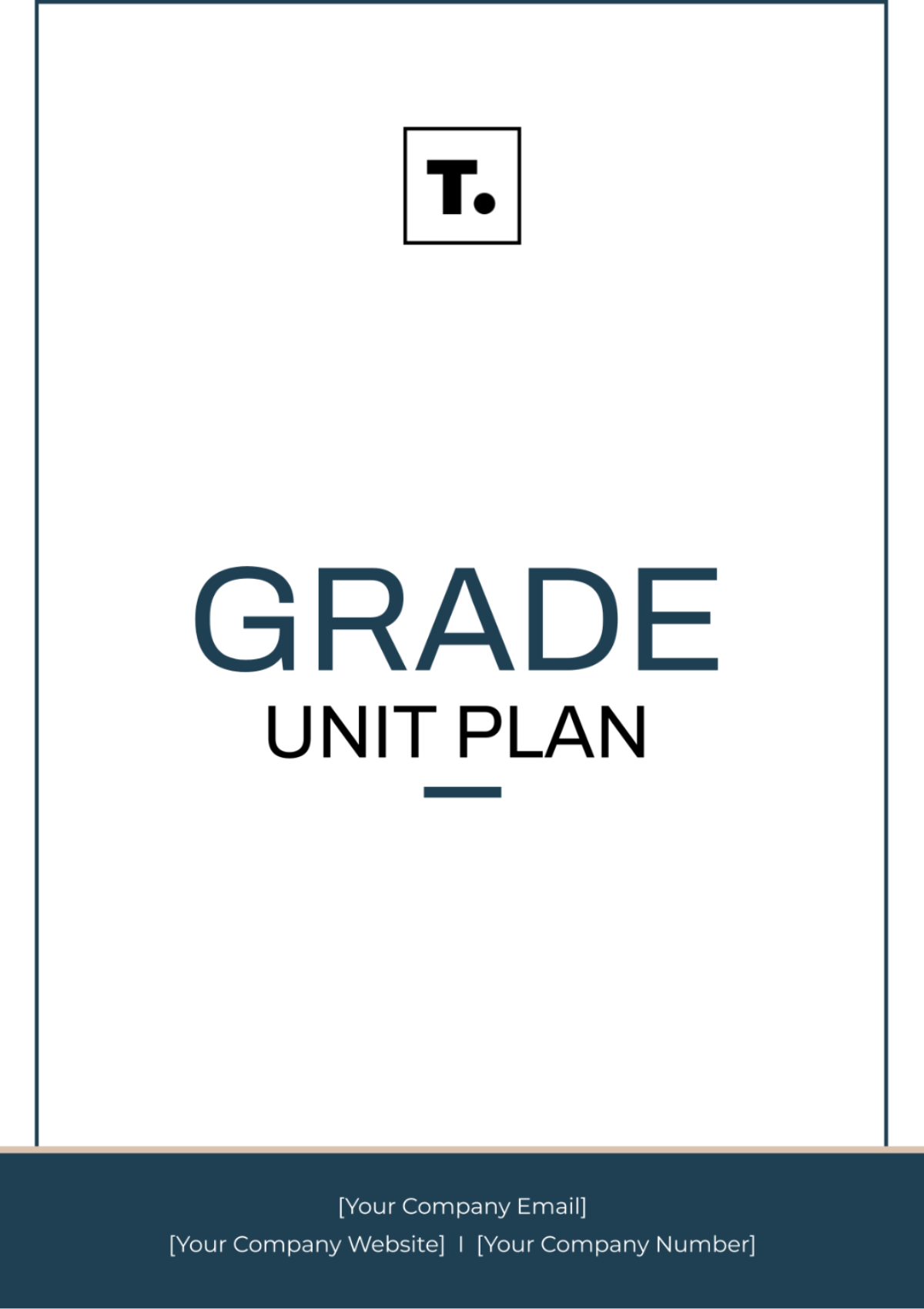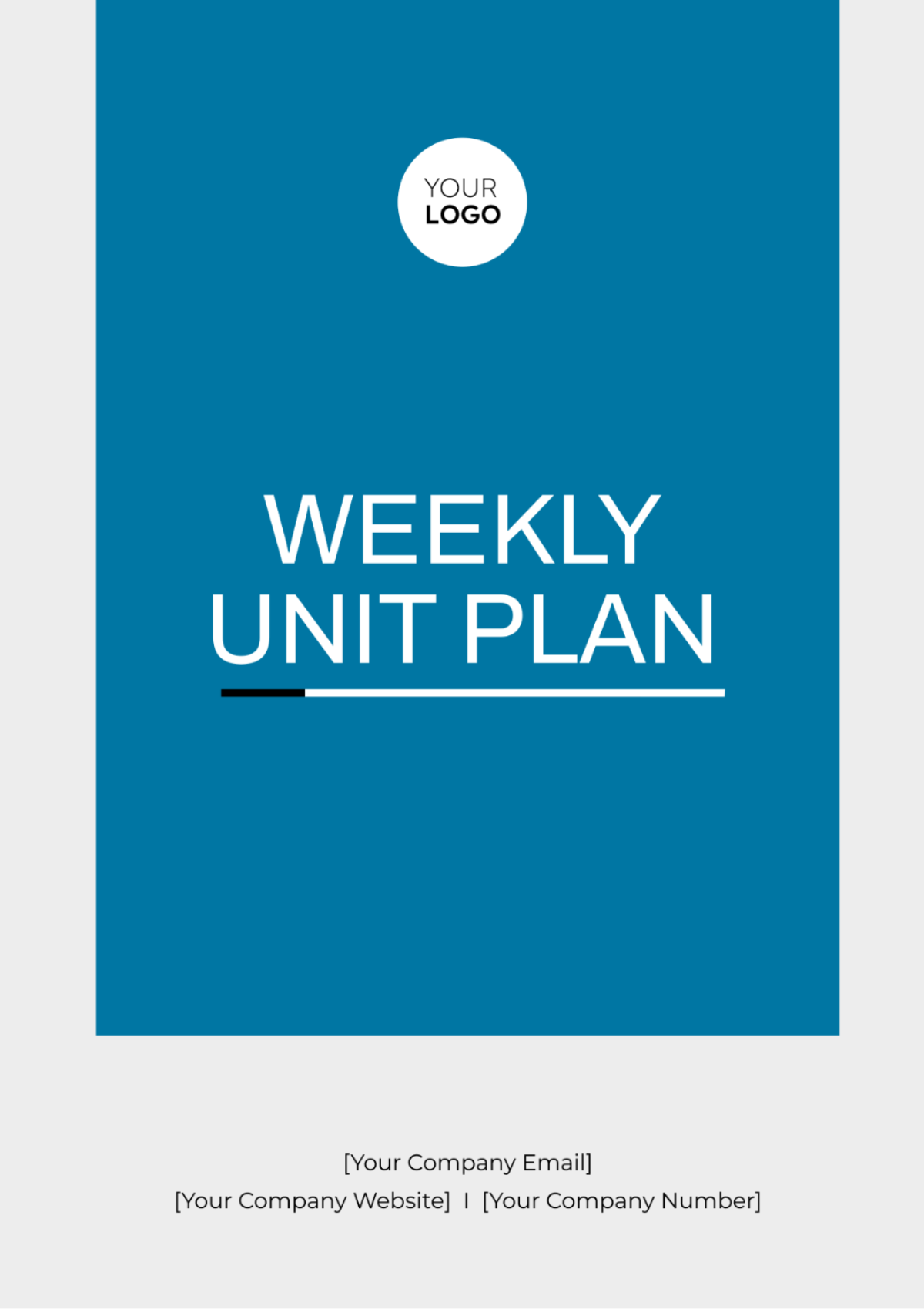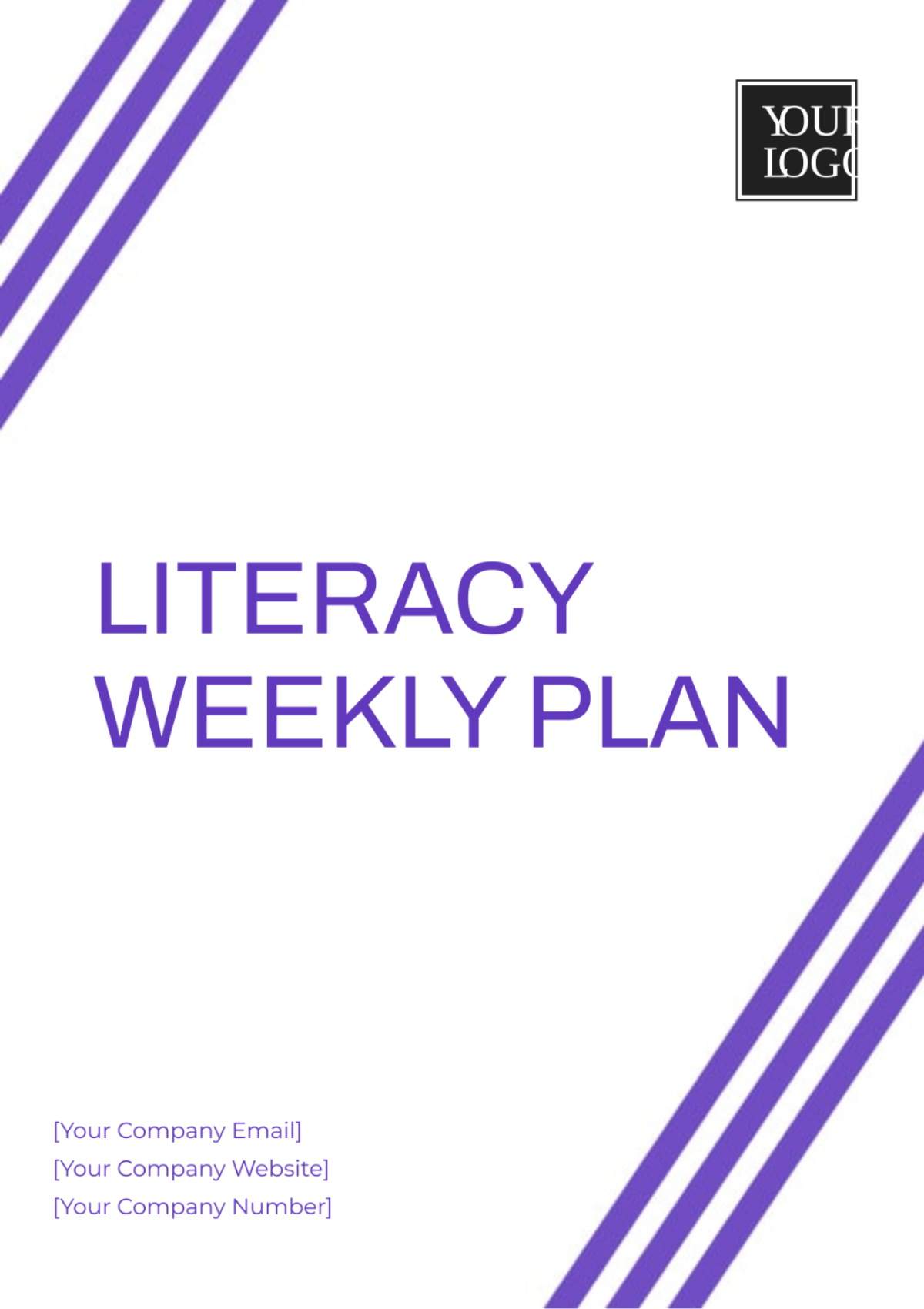6th Grade Unit Plan
Prepared by: [Your Name]
Topic: Equipping Students for a Year of Growth and Achievement
Date: [Date]
I. Unit Overview
This unit aims to empower sixth-grade students with the skills, mindset, and strategies essential for navigating the challenges and maximizing the opportunities of a new academic year. By engaging in a series of interactive activities and discussions, students will develop the confidence and readiness needed to thrive in the sixth-grade environment.
II. Learning Objectives
Develop effective organizational skills to manage time, tasks, and materials, including the use of digital tools such as Google Calendar and task management apps.
Understand the importance of setting SMART (Specific, Measurable, Achievable, Relevant, Time-bound) academic goals and create personalized action plans to achieve them.
Demonstrate active listening and effective communication skills through structured peer discussions, role-playing scenarios, and collaborative projects.
Explore resilience-building strategies to overcome challenges, such as growth mindset exercises and stress-relief techniques like mindfulness and deep breathing.
Engage in reflective practices to identify personal strengths, areas for growth, and strategies for continuous improvement throughout the academic year.
III. Standards Alignment
Common Core State Standards for English Language Arts and Mathematics, emphasizing communication skills and problem-solving abilities.
Next Generation Science Standards, promoting inquiry-based learning and critical thinking in scientific inquiry.
National Standards for Social Studies, focusing on civic engagement and historical thinking skills.
Standards for Mathematical Practice, emphasizing mathematical reasoning and modeling.
IV. Materials and Resources
Classroom whiteboard and markers for interactive discussions and brainstorming sessions.
Worksheets and handouts covering topics such as time management strategies, goal-setting frameworks, and communication techniques.
Textbooks and reference materials aligned with the curriculum for reinforcement and extension activities.
Interactive online resources such as educational videos, digital simulations, and gamified learning platforms to cater to diverse learning preferences.
Timer or stopwatch to facilitate time management exercises and productivity challenges.
Student journals or notebooks for reflection activities and goal-tracking purposes.
Classroom computers or tablets for accessing digital resources and practicing digital literacy skills (optional).
V. Instructional Strategies
Whole group discussions facilitated by the teacher to introduce key concepts and foster a collaborative learning environment.
Small group activities and stations to promote peer interaction, problem-solving, and teamwork.
Individual reflection exercises integrated into daily routines to encourage metacognition and self-awareness.
Interactive presentations incorporating multimedia elements such as videos, animations, and interactive quizzes to enhance engagement and retention.
Role-playing scenarios and real-life simulations to contextualize learning objectives and reinforce practical skills.
VI. Assessment Methods
Formative assessments conducted through ongoing observation of student participation, engagement, and contributions to class discussions and group activities.
Completion of worksheets, self-assessments, and reflection journals, with feedback provided to support goal refinement and progress monitoring.
Peer evaluations and collaborative assessments to promote accountability, communication skills, and teamwork.
Summative assessment through a culminating project where students showcase their academic goals, action plans, and reflections on personal growth and learning experiences.
VII. Schedule and Timeline
Week | Activities |
|---|---|
Week 1 |
|
Week 2 |
|
Week 3 |
|
Week 4 |
|
VIII. Differentiation Strategies
Provide scaffolded support for students with diverse learning needs through differentiated instruction, including visual aids, graphic organizers, and modified assignments.
Offer alternative assessment options such as oral presentations, visual representations, or digital portfolios to accommodate varied learning preferences and strengths.
Incorporate flexible grouping strategies based on student interests, learning styles, and academic readiness to maximize peer collaboration and support.
Provide extension activities and enrichment opportunities for students who demonstrate proficiency early on, encouraging creativity, critical thinking, and independent inquiry.
IX. Reflection and Evaluation
Throughout the unit, students will engage in ongoing reflection and self-assessment to monitor their progress, celebrate achievements, and identify areas for growth. Teachers will also reflect on the effectiveness of instructional strategies and make adjustments as needed to better meet the diverse needs of all students. At the conclusion of the unit, students will have the opportunity to evaluate their learning experiences, set new goals for the upcoming academic year, and express their confidence and readiness for the challenges and opportunities ahead.
